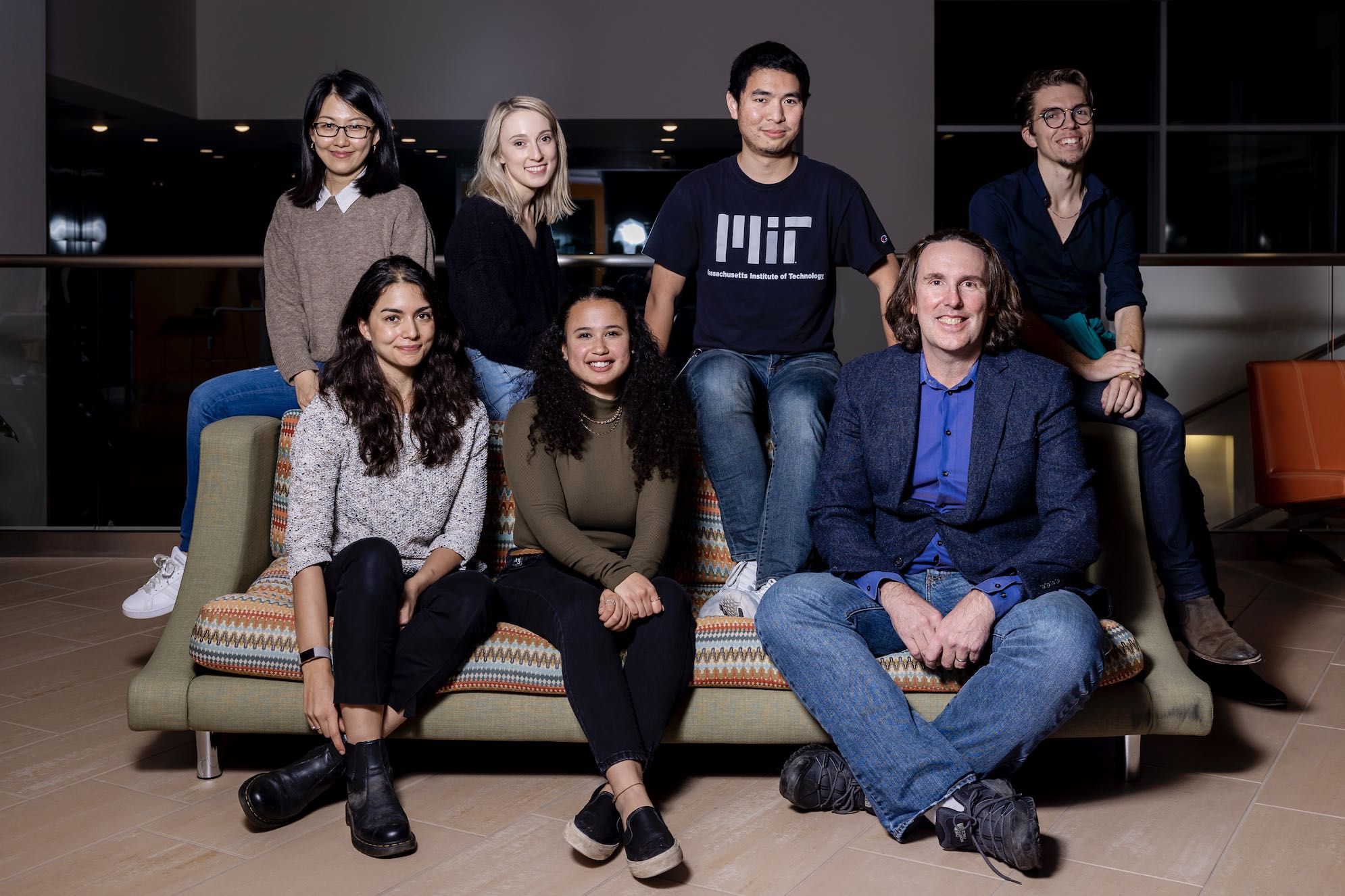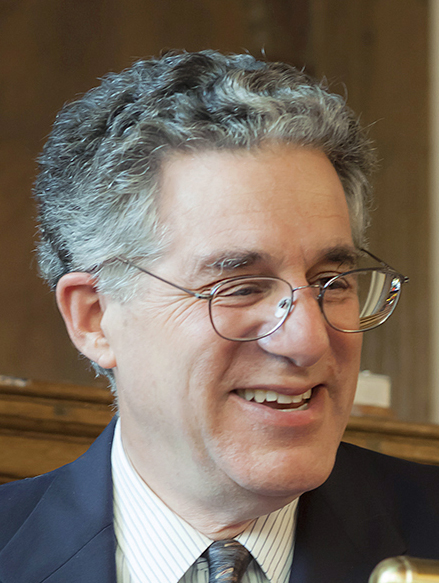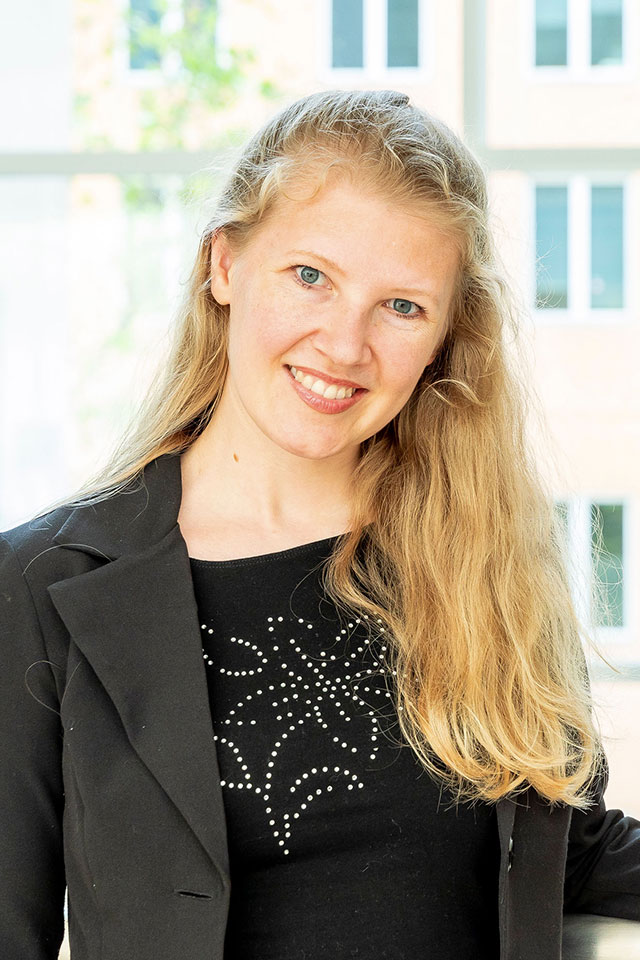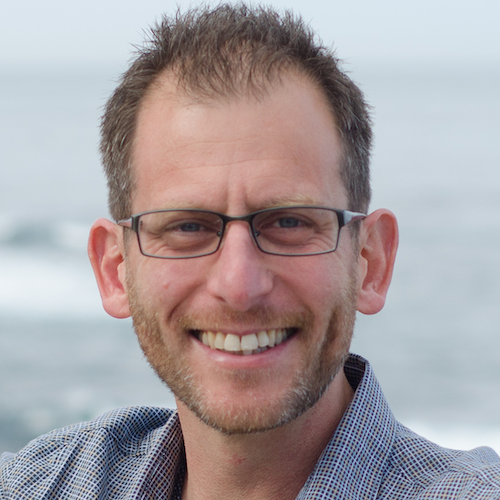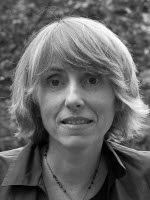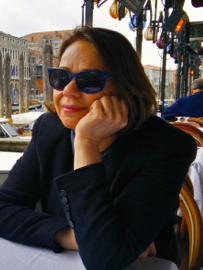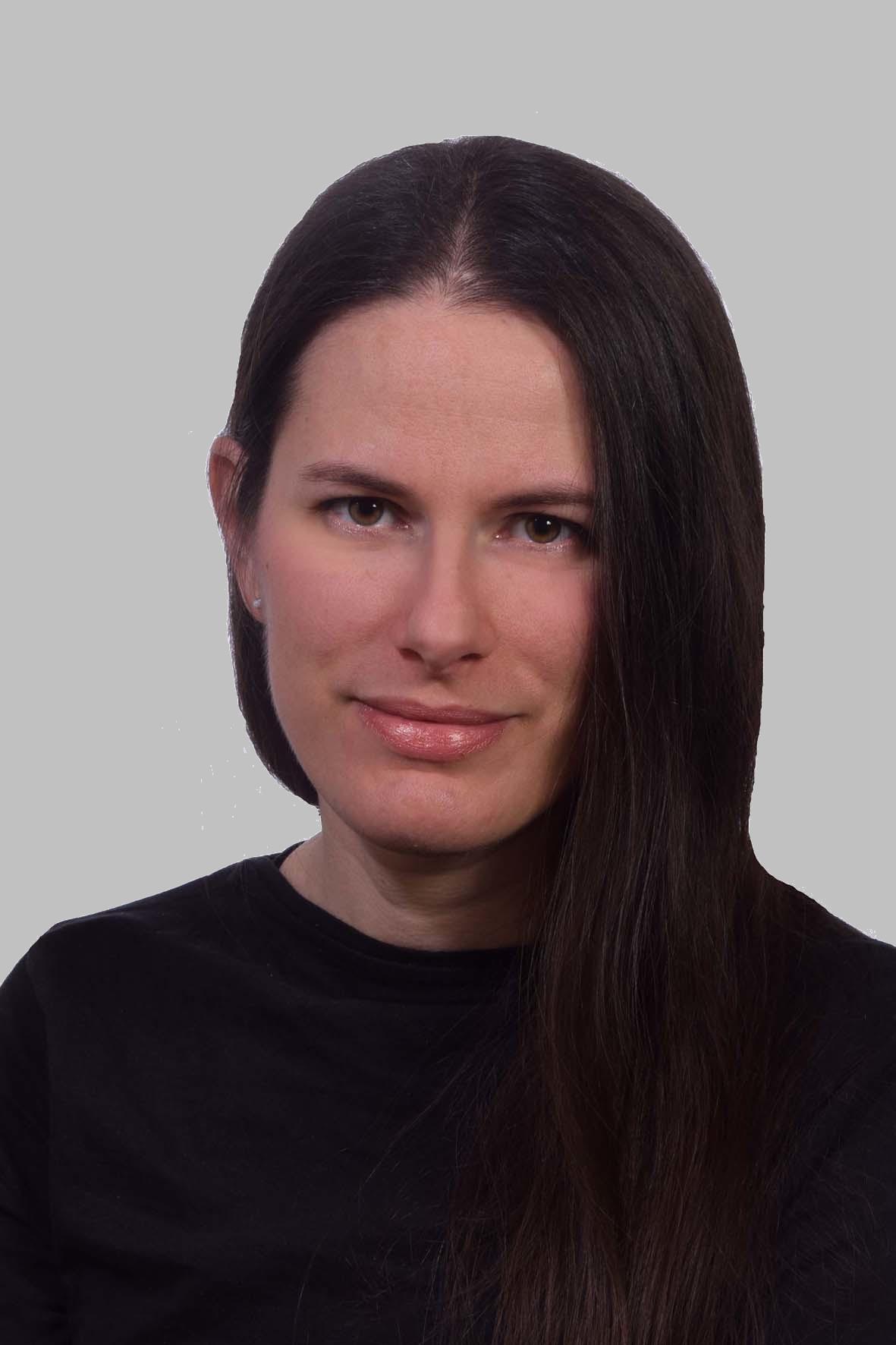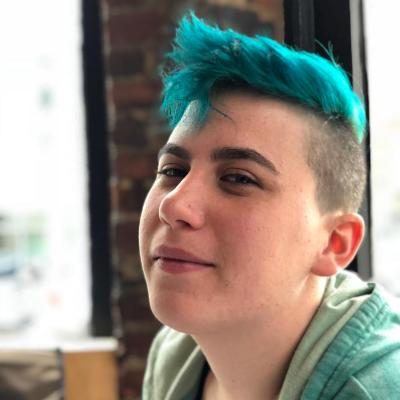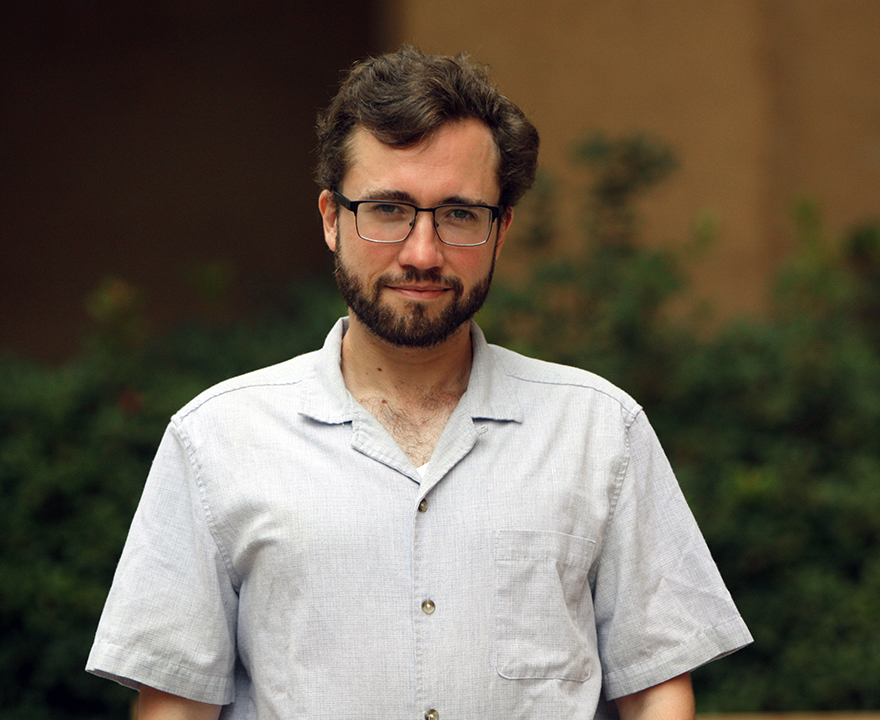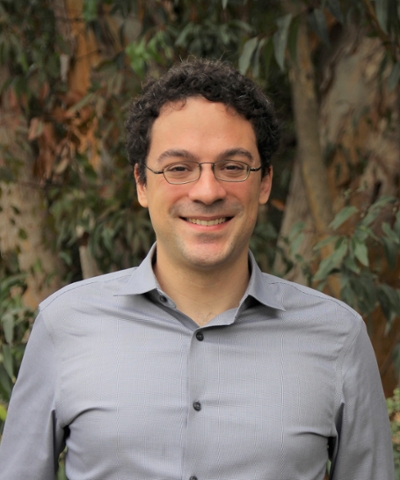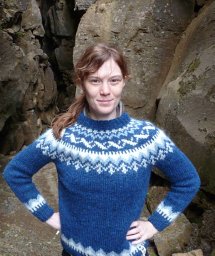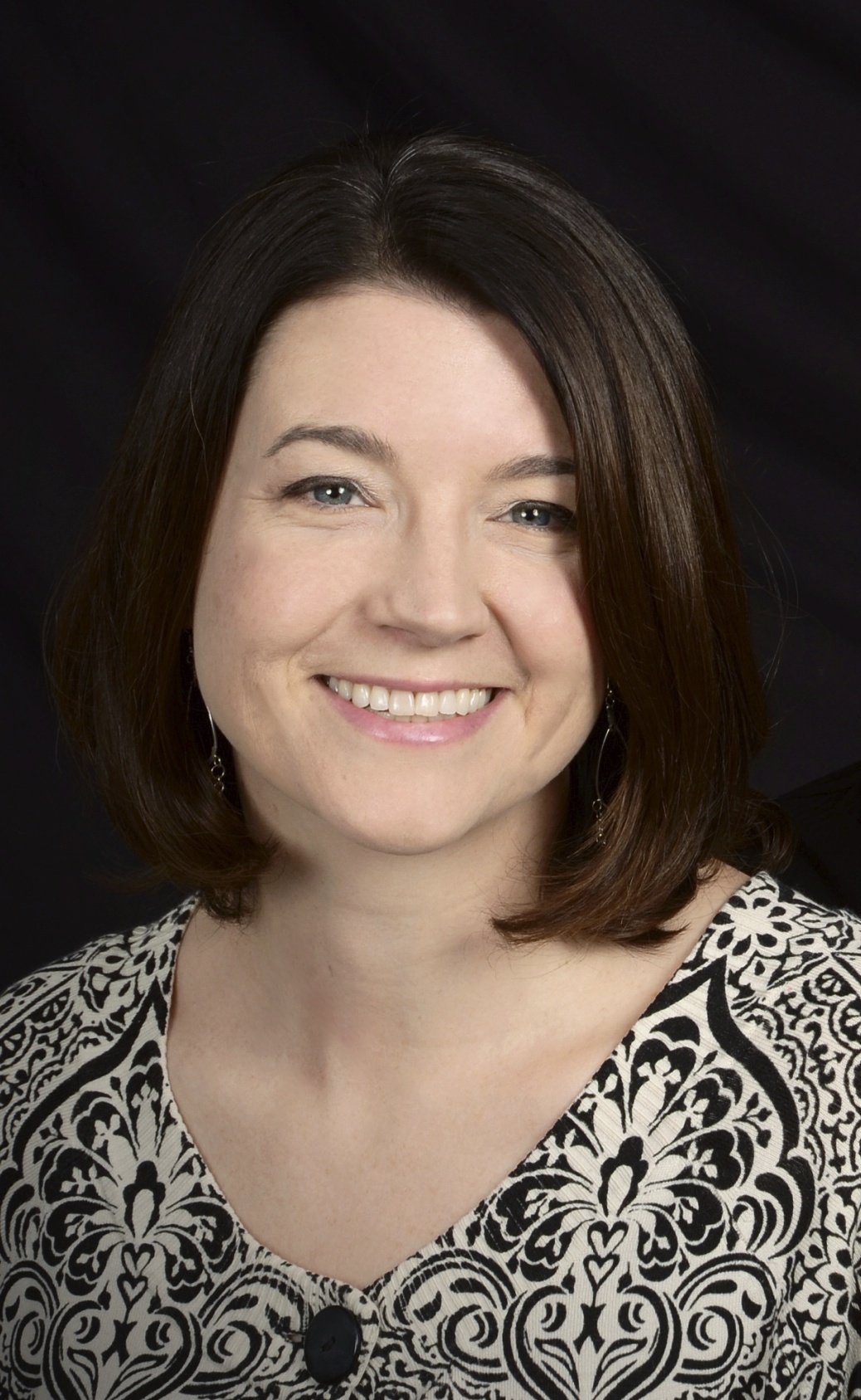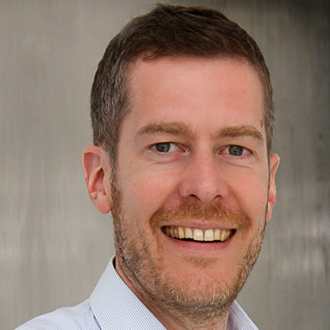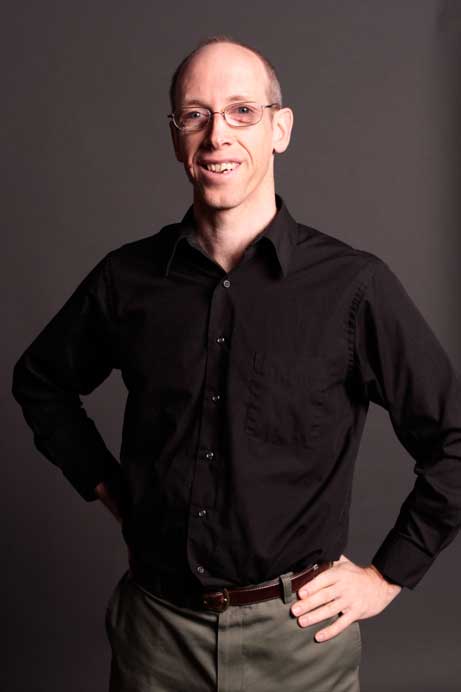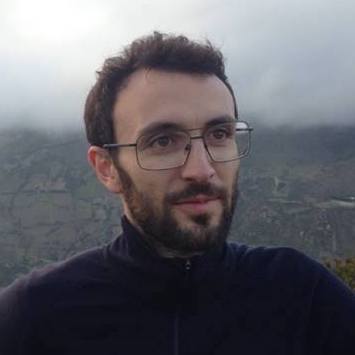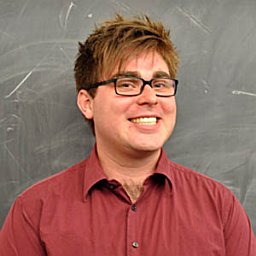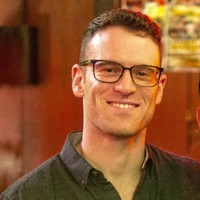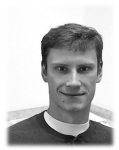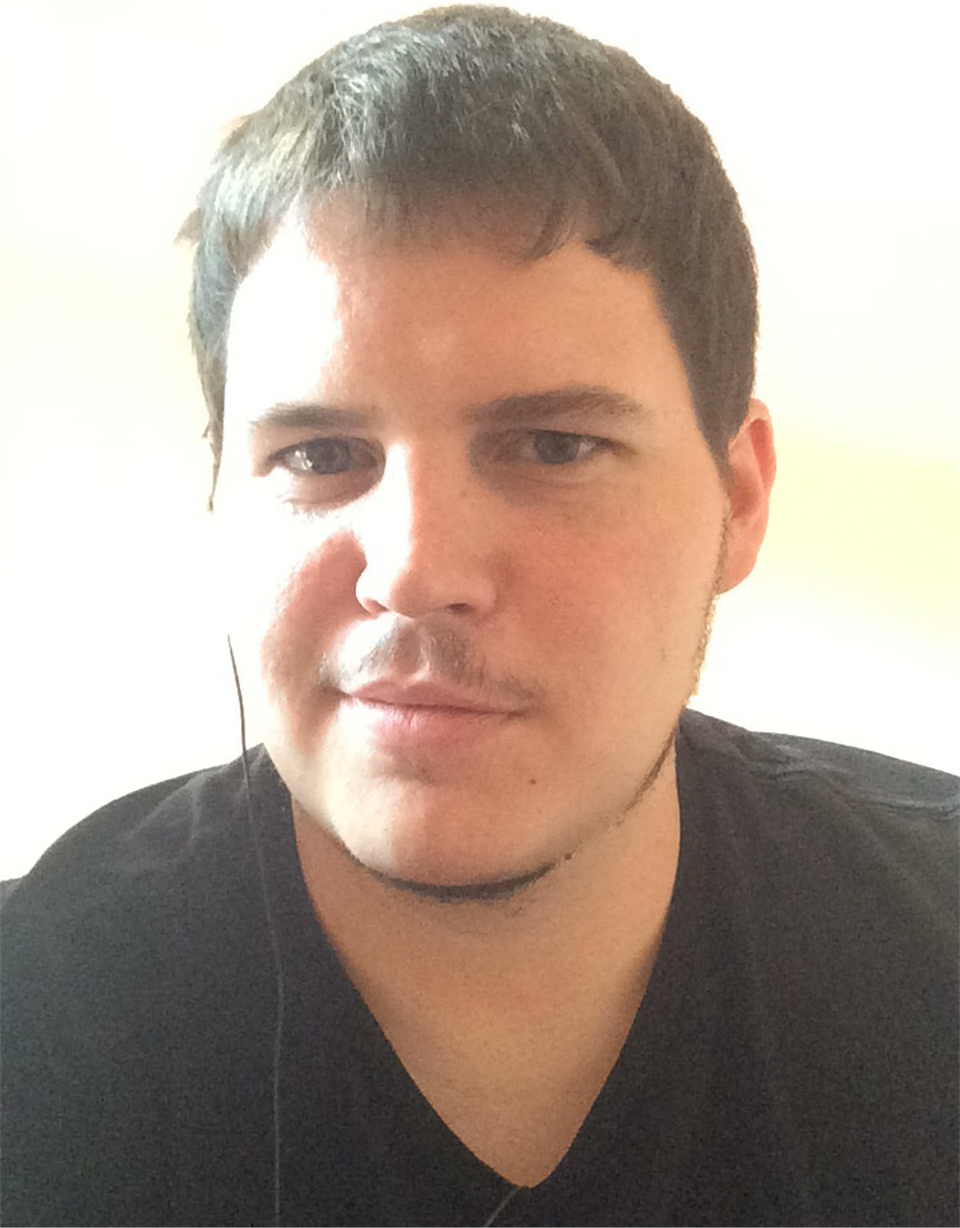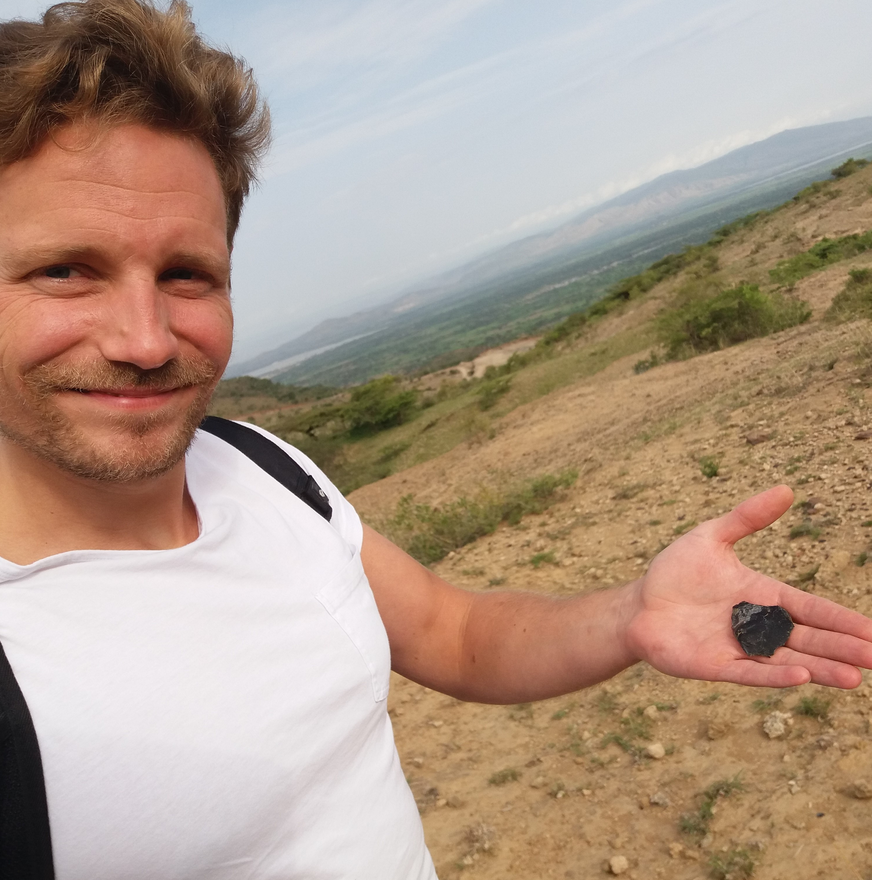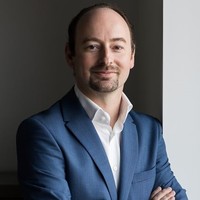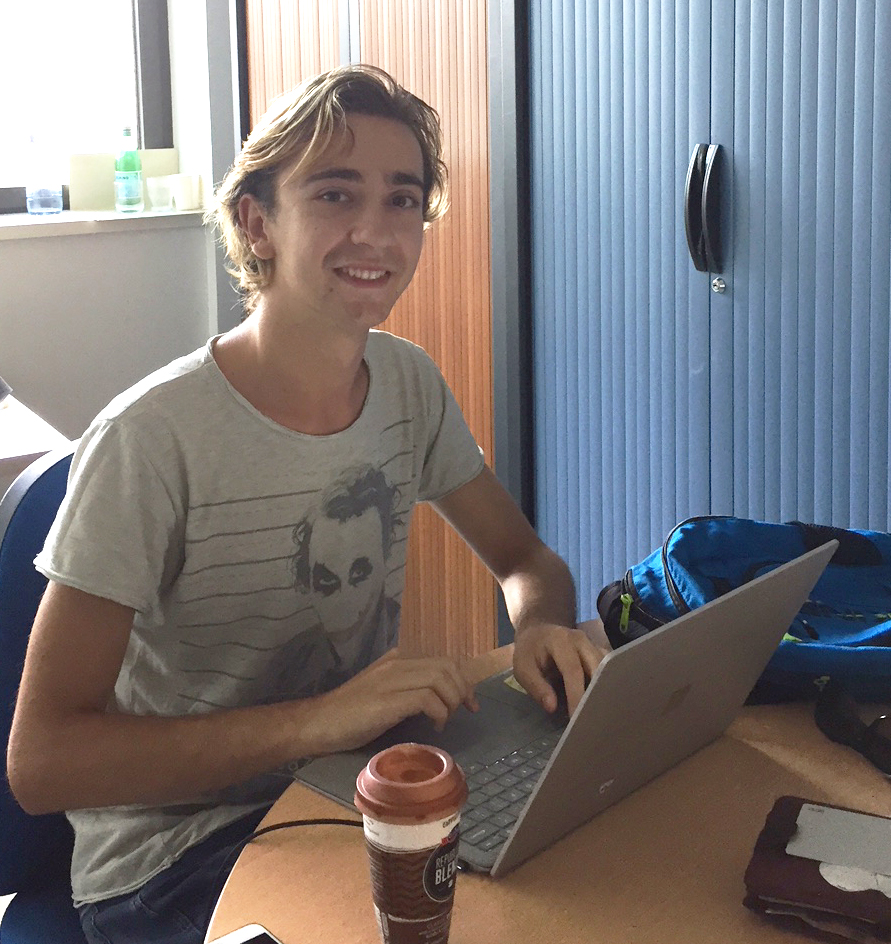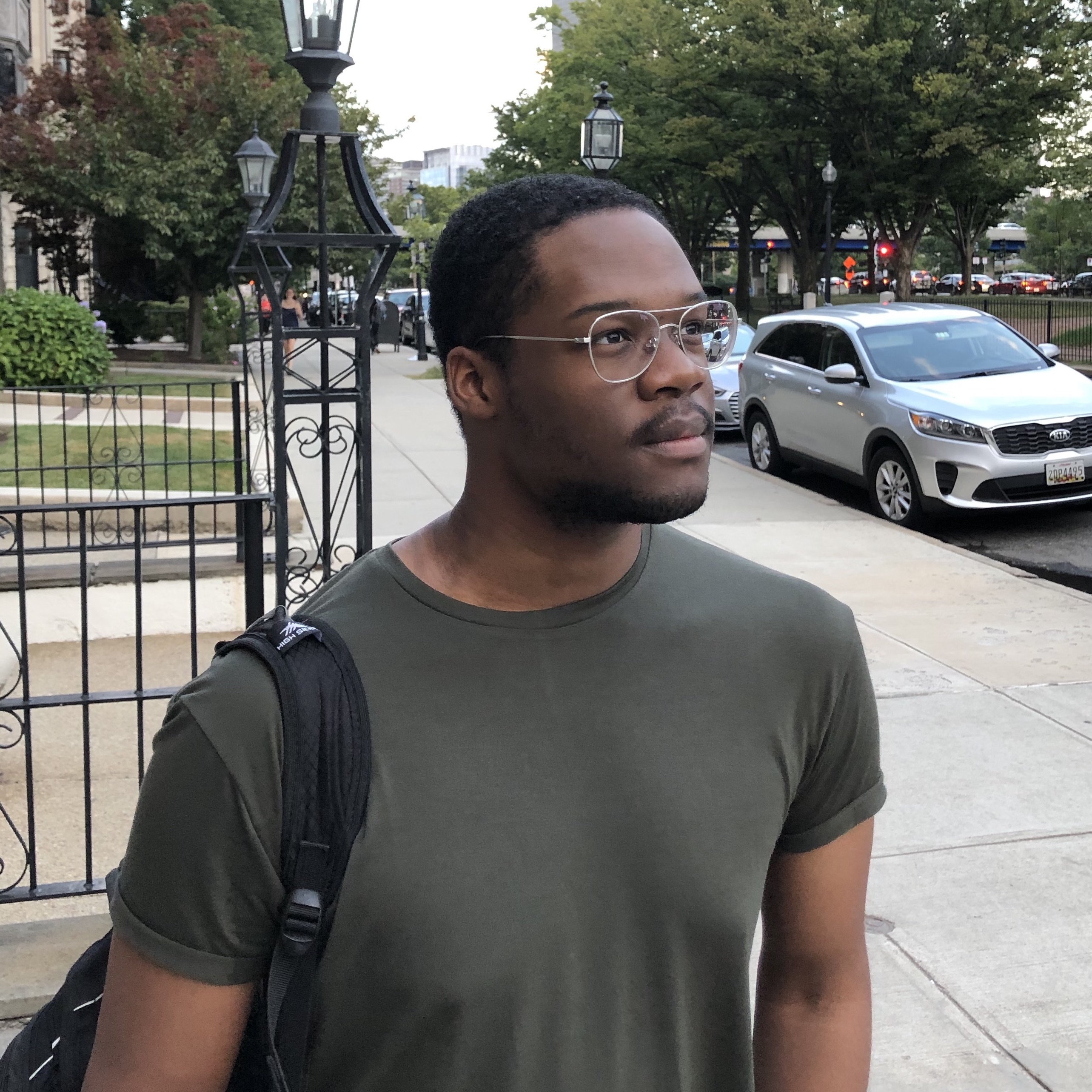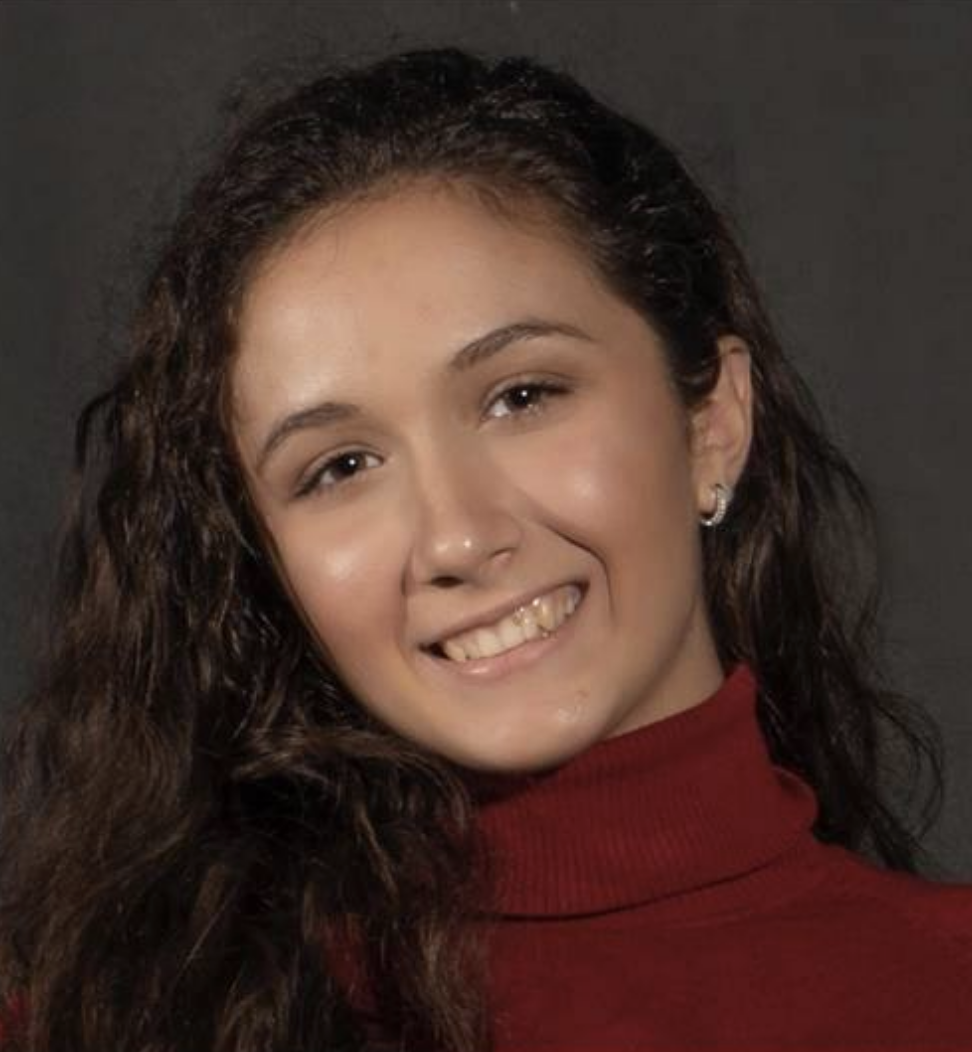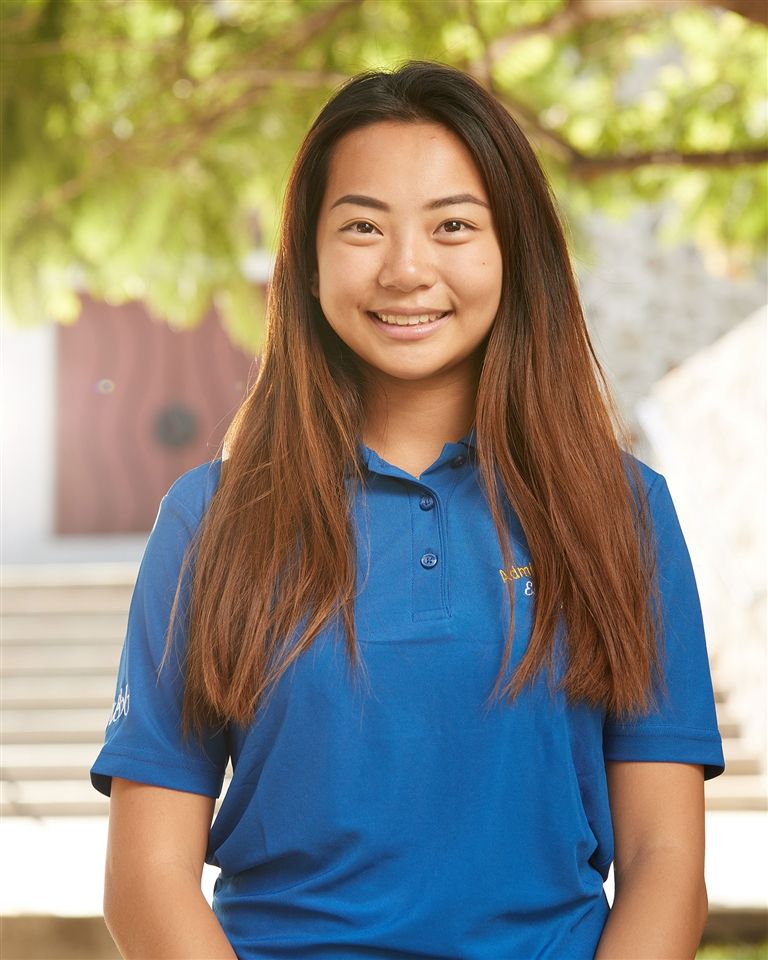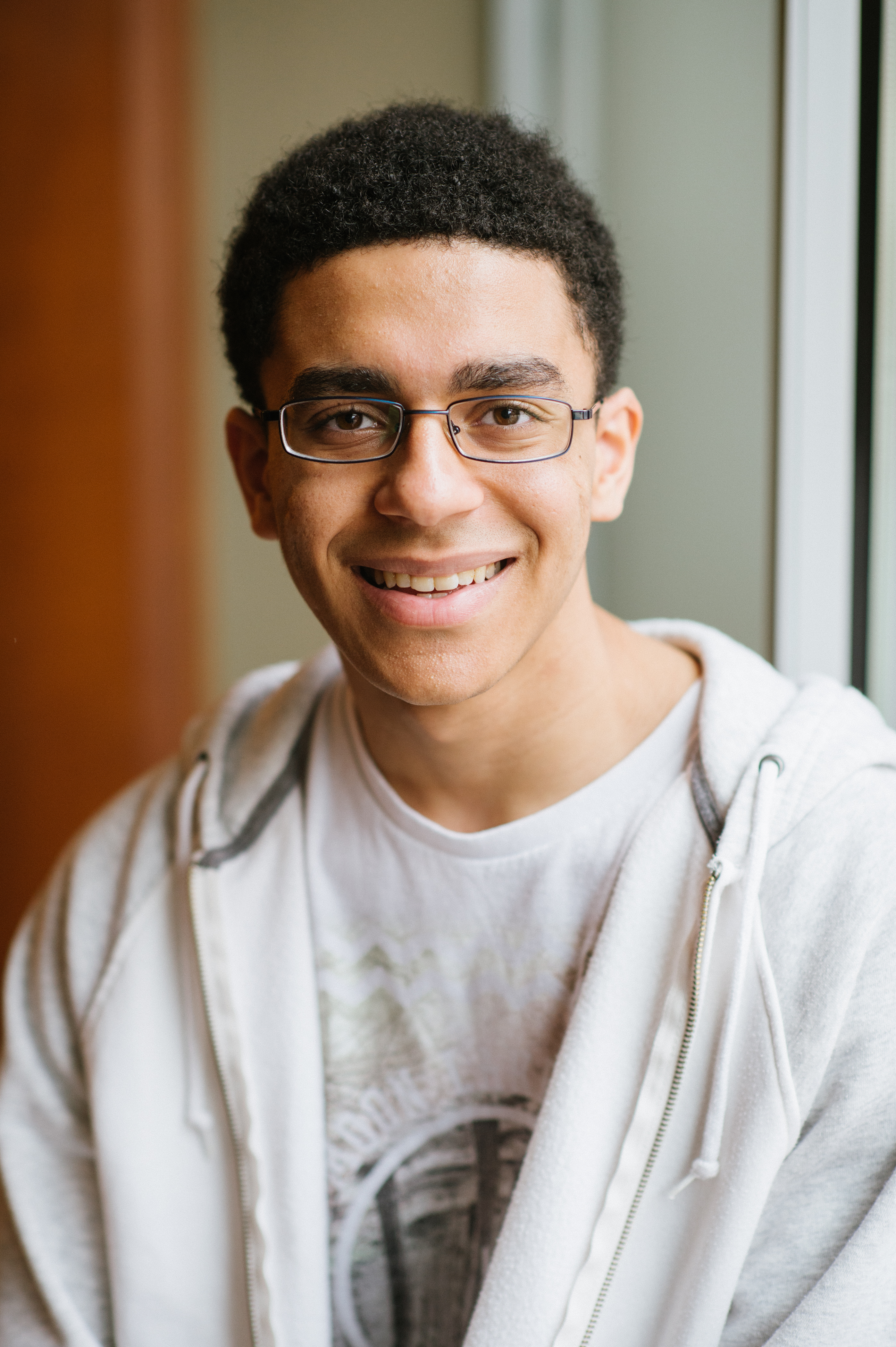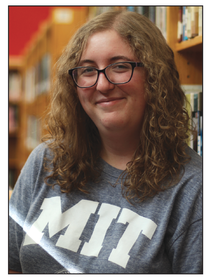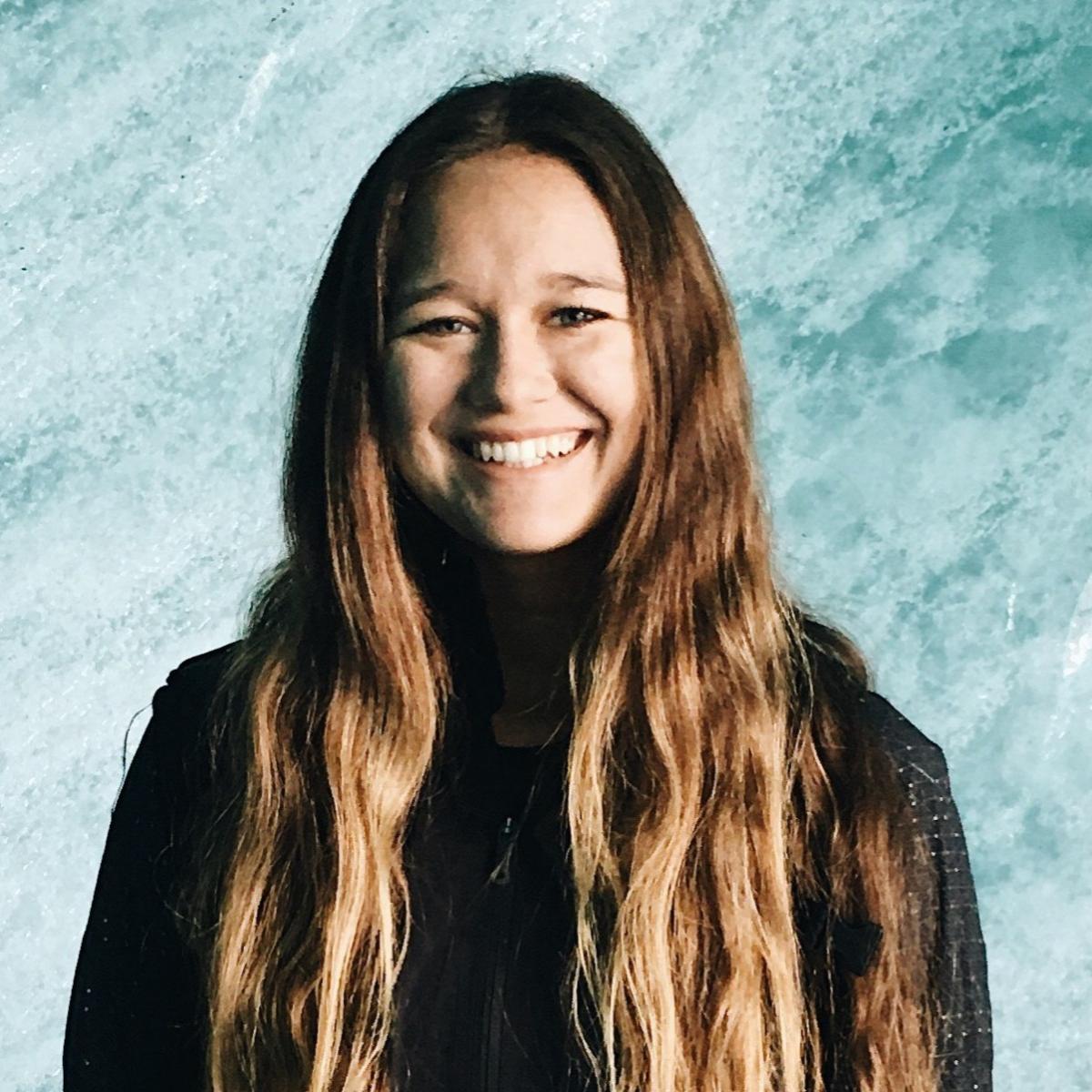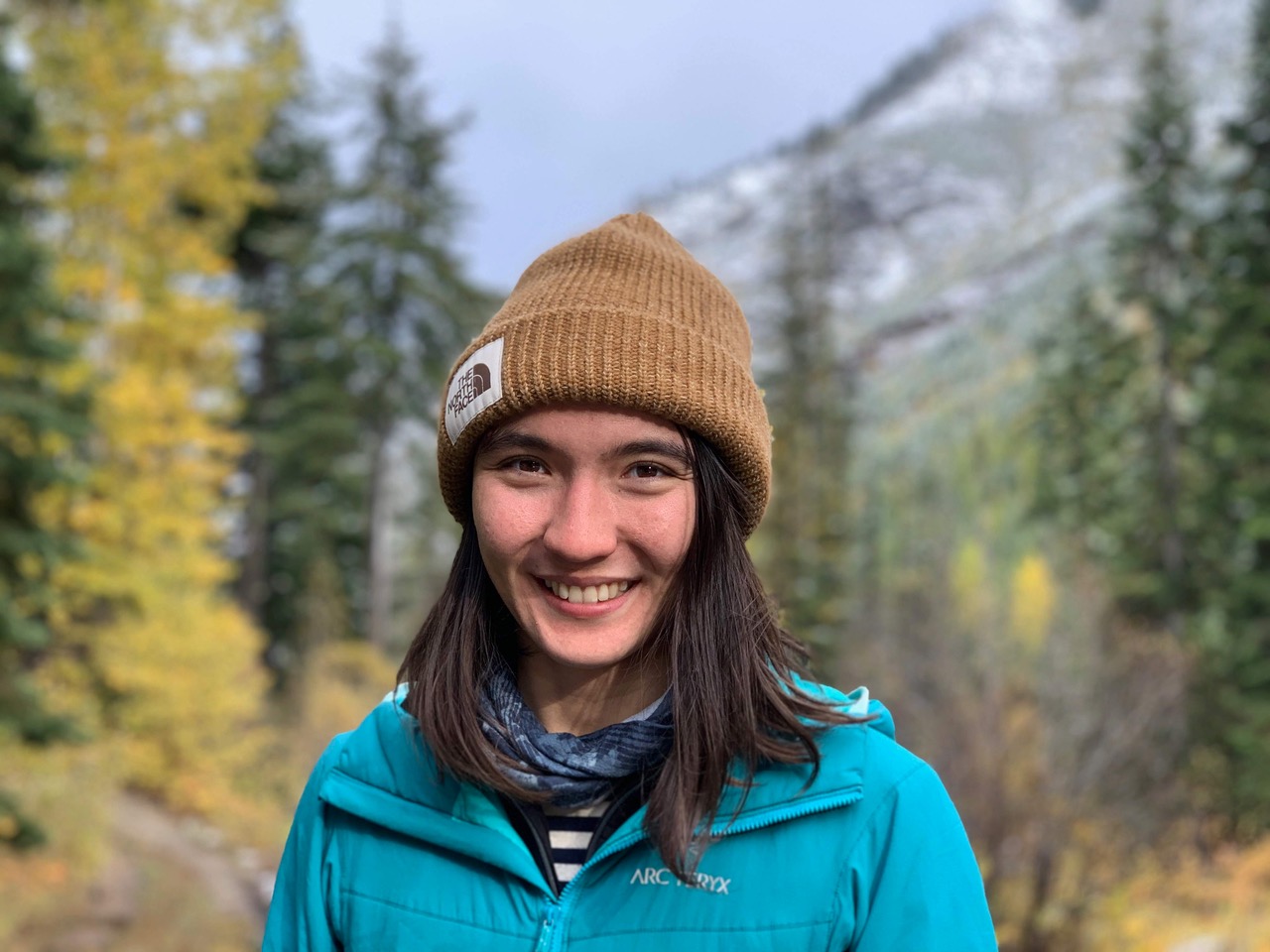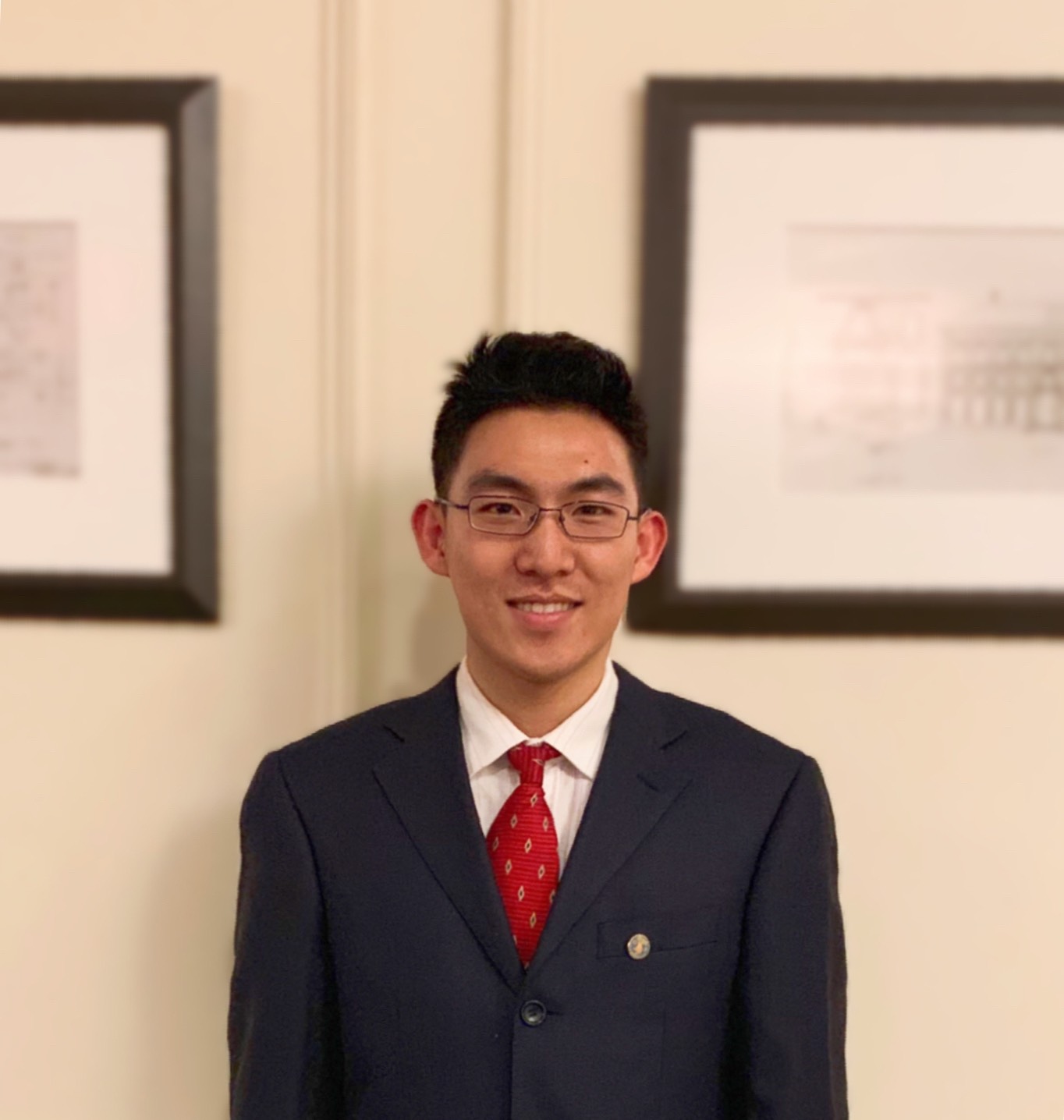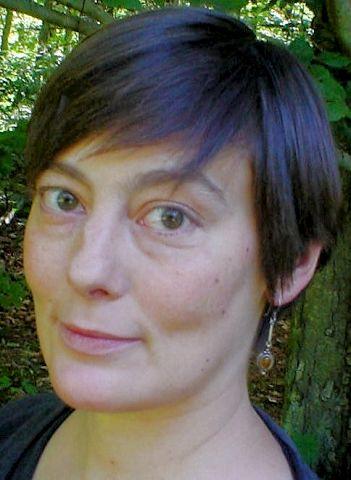People
Principal Investigator
Ted Gibson
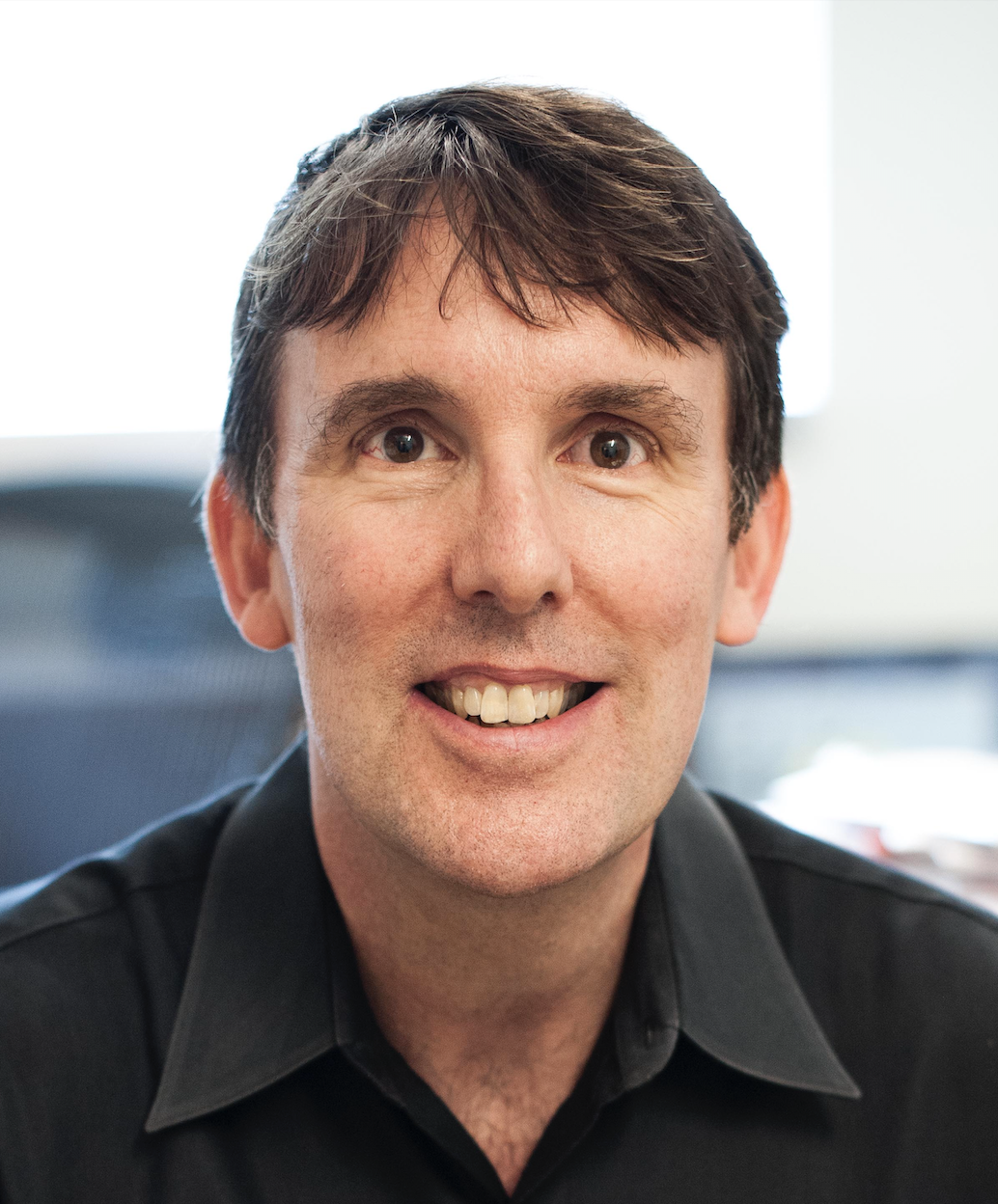
I am the PI of Tedlab.
Here is my CV.
Here is my google
scholar profile.
Here is a short bio.
Students
Sihan Chen
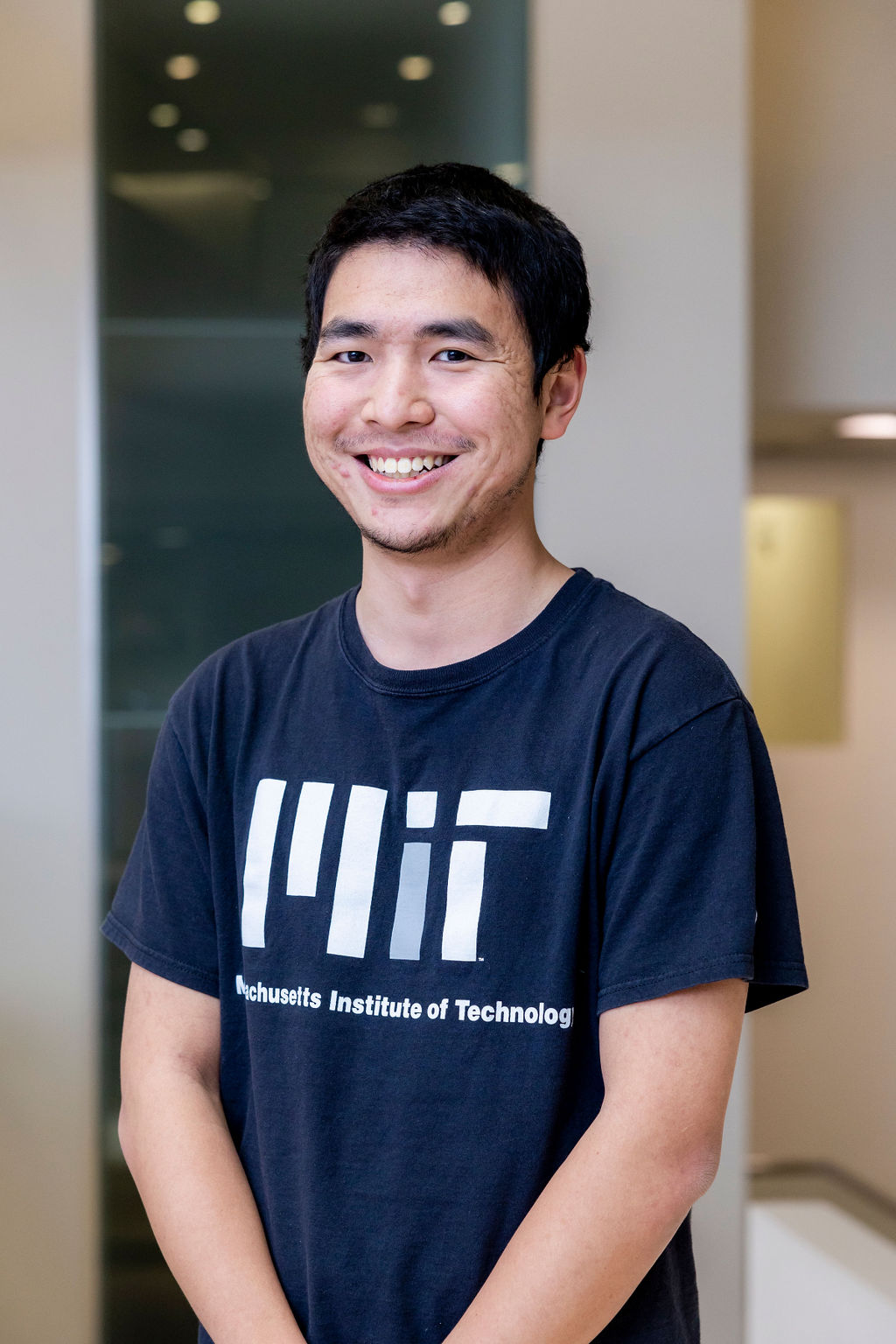
MIT BCS, expected to graduate 2025
One of my ultimate interests is to understand how human minds exchange information in the form of written scripts, which involves investigating how information is encoded by the author, how information is decoded by the reader, as well as the efficiency of these processes in different writing systems (e.g. alphabetical, syllabic, logographic, abjad, and abugida). I'm also interested in determining to what extent the external environmental factors affect how people use their languages, especially how they use different sounds. These two questions are addressed via combining mathematical modelling, behavioral experiments, and corpus data analysis.
Thomas Hikaru Clark
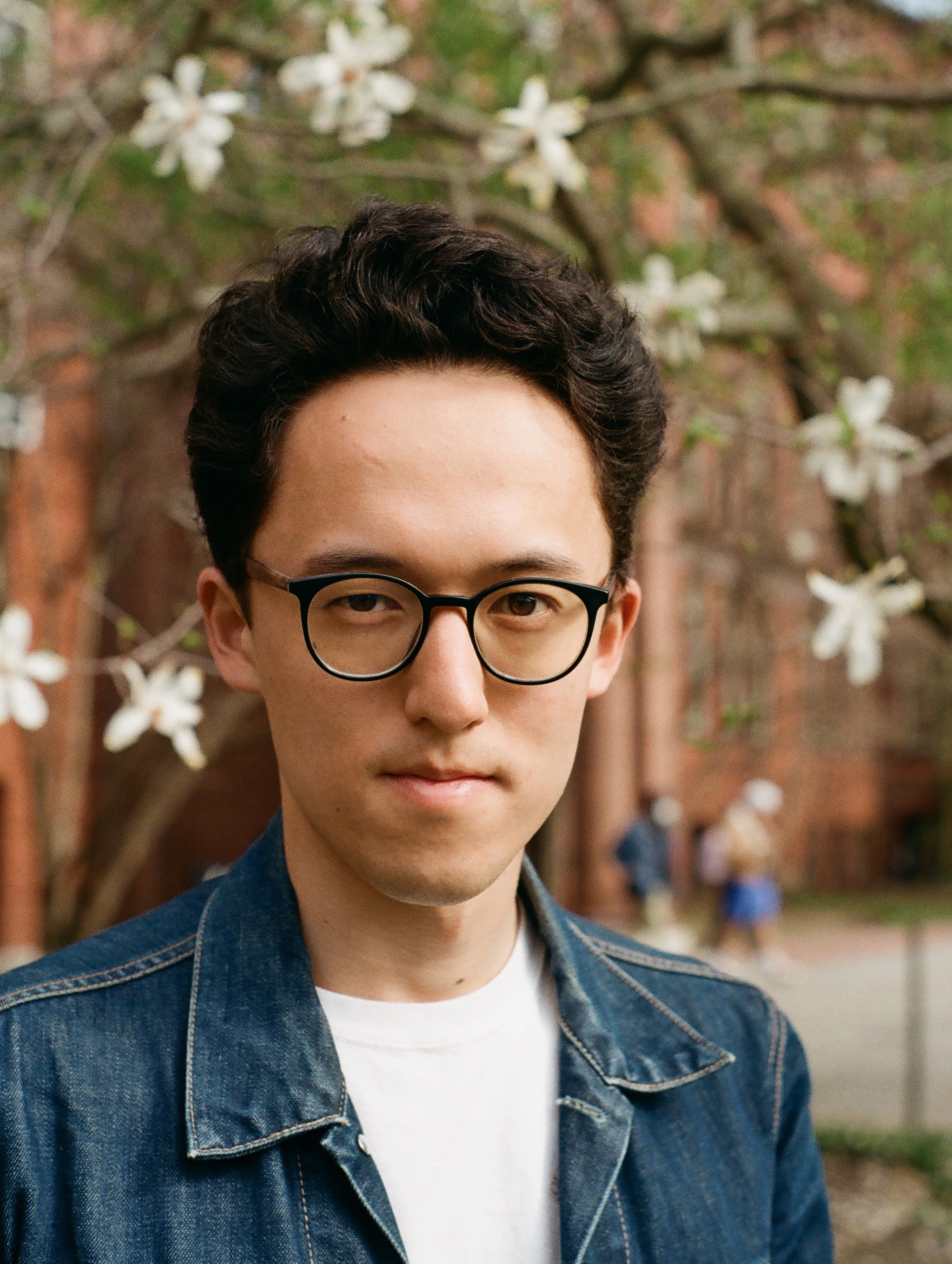
MIT BCS, expected to graduate 2026
I am interested in the principles underlying human language and cognition, and how computational and information-theoretic approaches can help us shed light on these principles. For example, some recent work has looked at the Uniform Information Density hypothesis through corpus study, behavioral experiment, and computational modeling of counterfactual grammars. I’m also interested in what makes words and sentences memorable, and how to computationally characterize language disorders.
Moshe Poliak
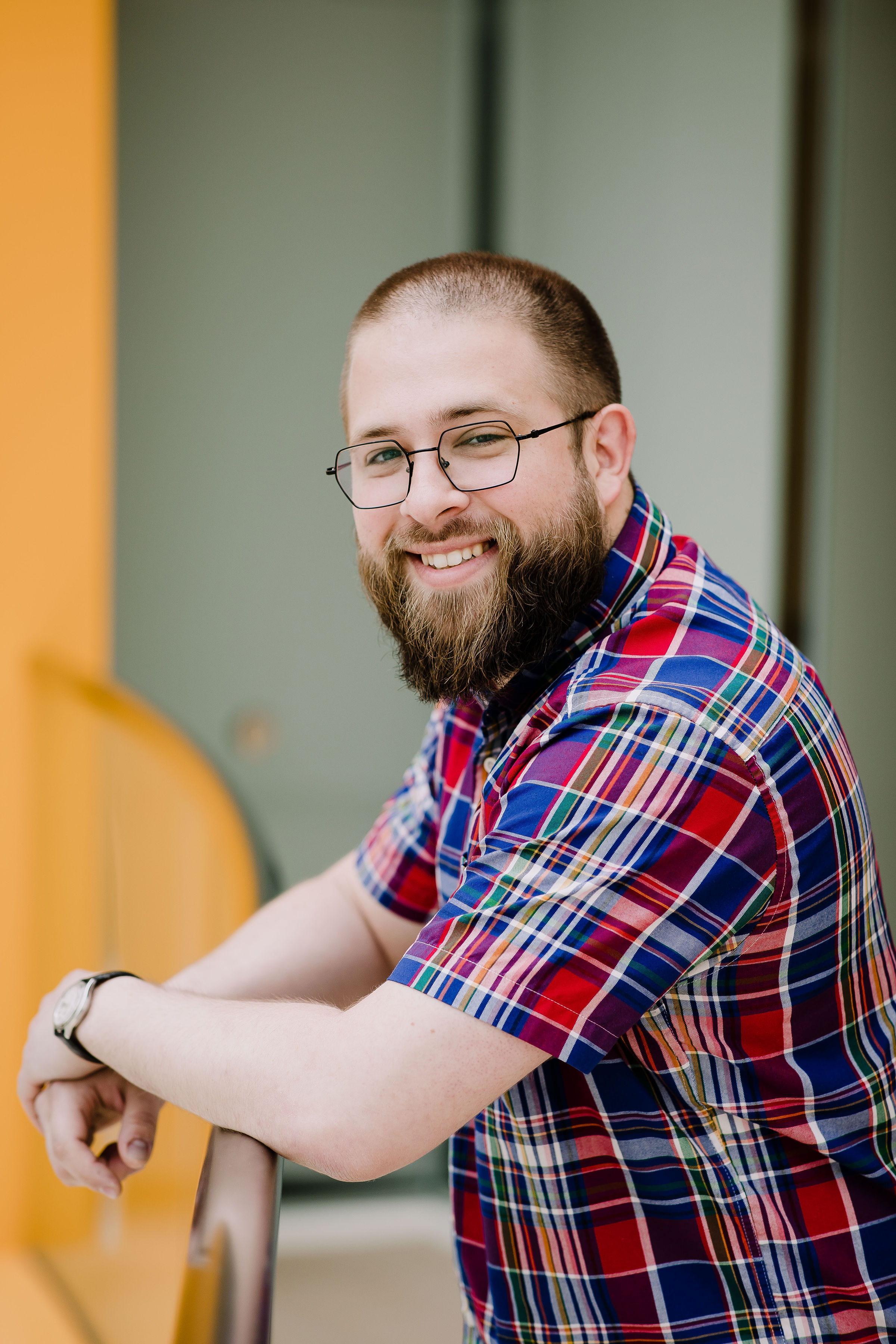
MIT BCS, expected to graduate 2027
I’m interested in how we choose to phrase and produce a message that already exists in the mind, and how comprehenders capitalize on these decisions to better understand the intention of the producer. In service of my research question, my interests span language production and comprehension, construction grammar, syntax, prosody, sign languages, and communication-based approaches to language such as noisy channel processing. I value cross-linguistic work, methodological rigor and diversity, and open science practices.
Postdocs
RAs / Post-Bacs
UROPs
Hannah Kimura
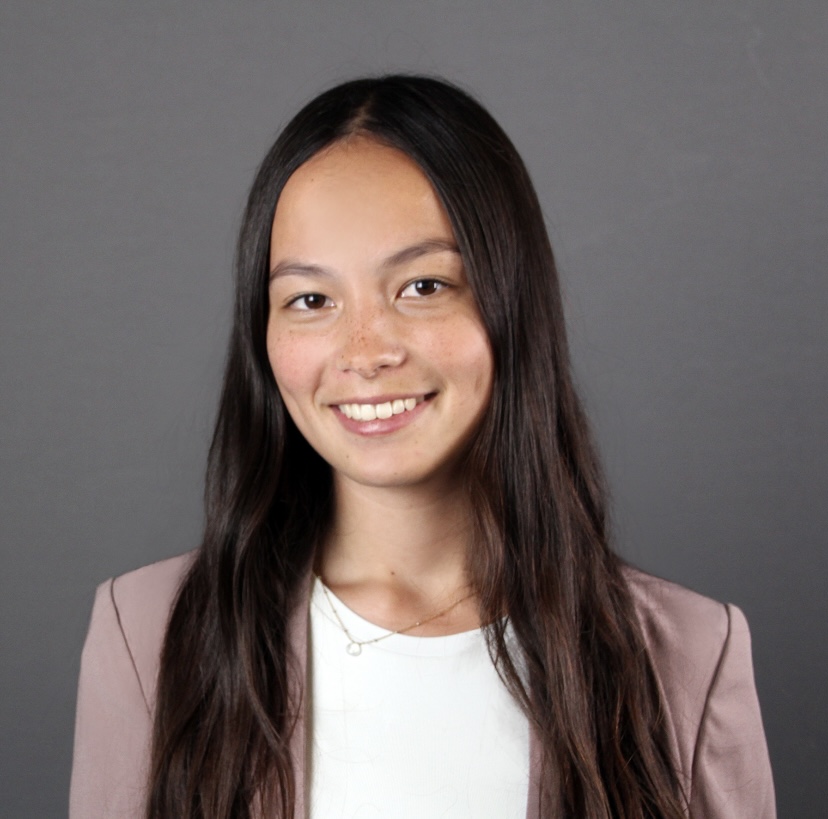
Aimee Wang

Jonathan Dase
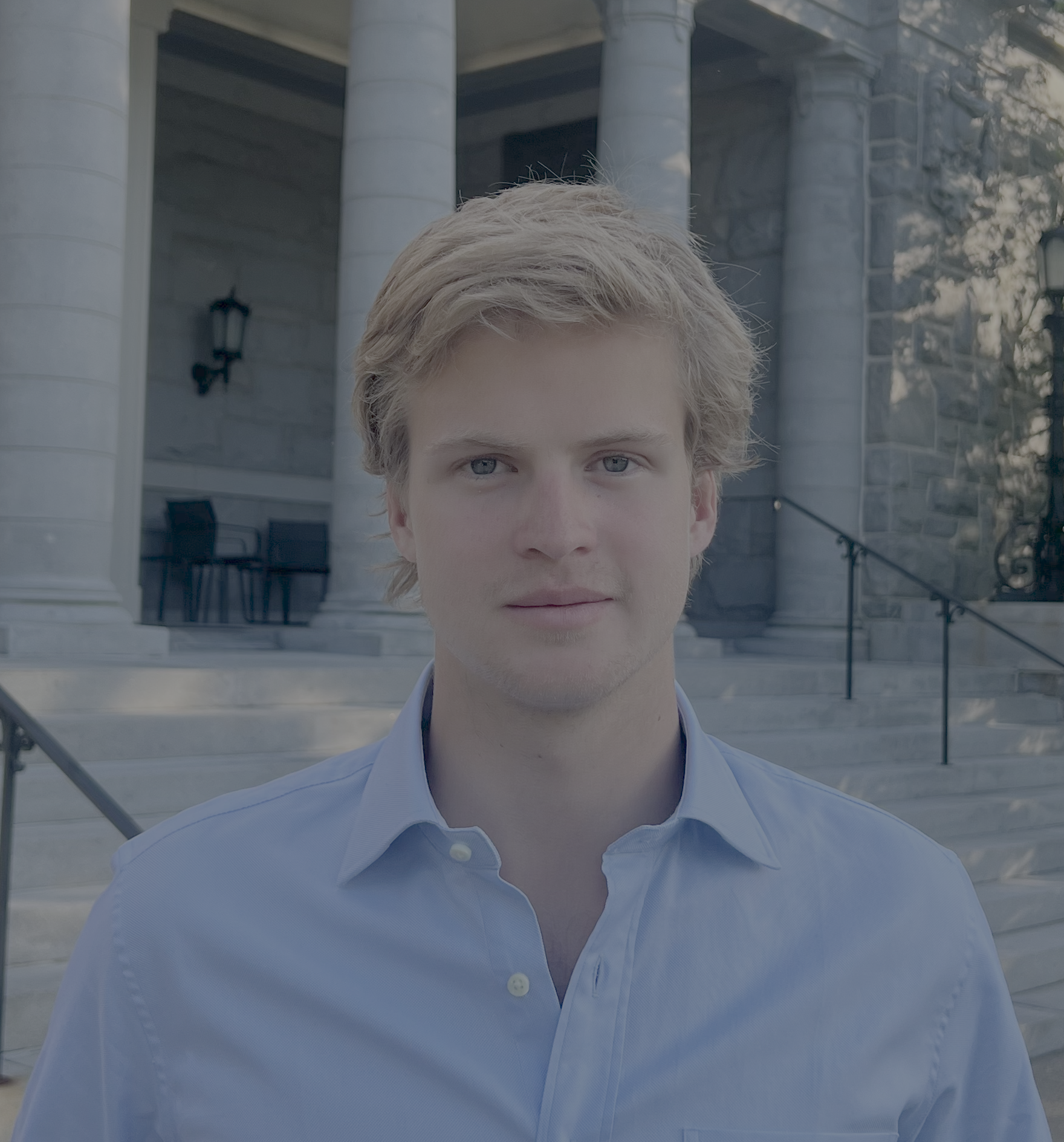
Visitors
Collaborators
Anne Abeillé
University of Paris
Barbara Hemforth
University of Paris
Elodie Winckel
University of Paris
Student Alums
Saima Malik Moraleda (2024)
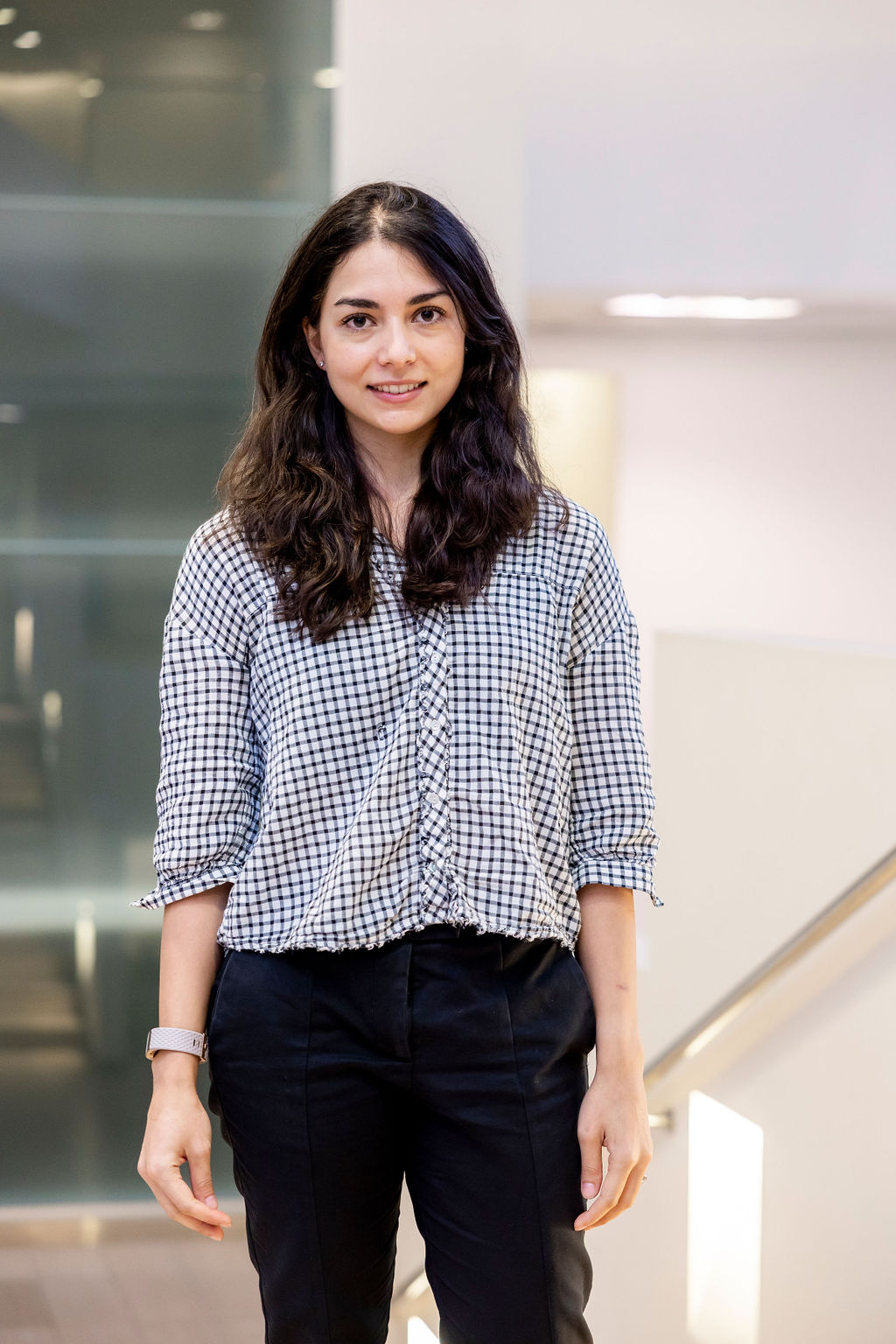
- Current location: Postdoc in Evlab
Yuhan Zhang (2022)
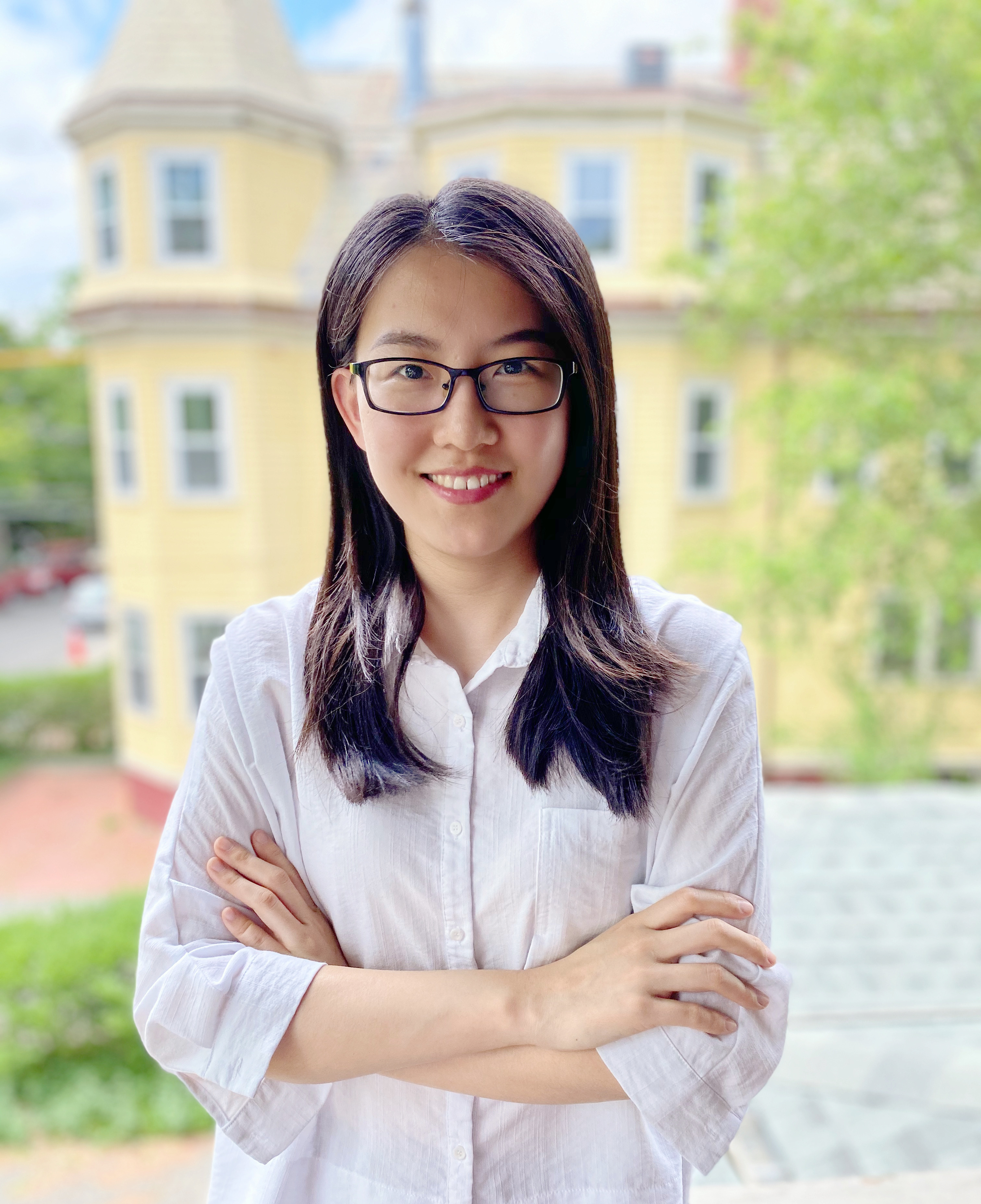
- Current location: Postdoc with Cory Shain at Stanford
- Website: https://sites.google.com/view/yhzhang/home
Eric Martinez (2022)
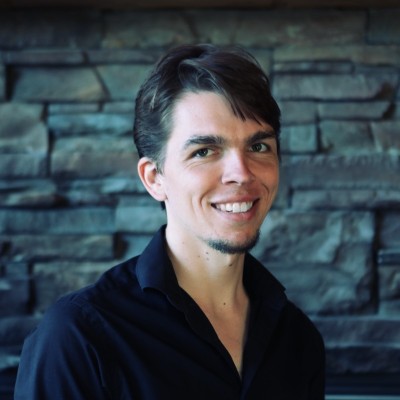
- Current location: Independent Postdoc at U Chicago
- Website: https://www.law.uchicago.edu/people/eric-martinez
Yingtong Liu (2022)
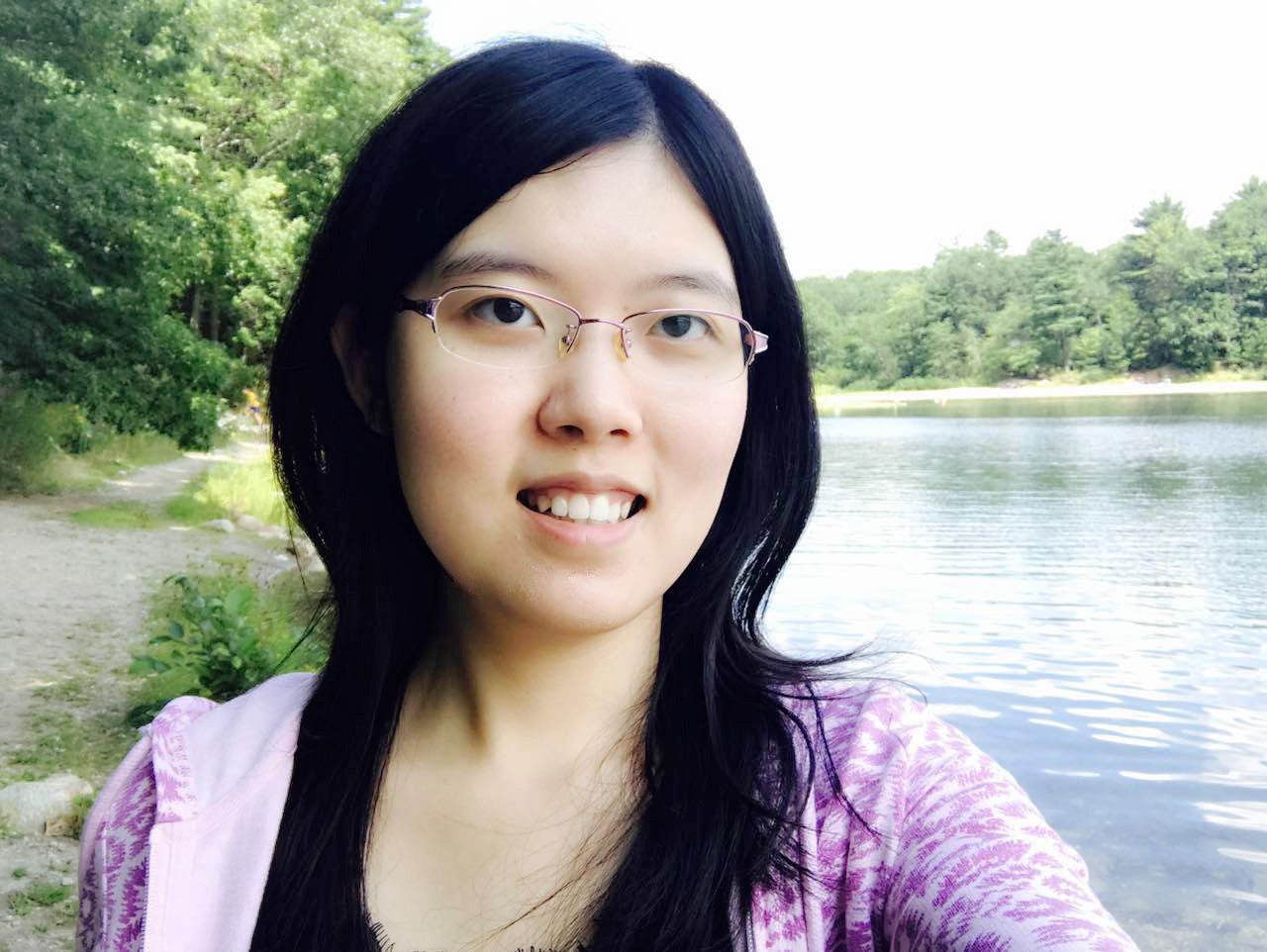
Giuseppe Ricciardi (2022)
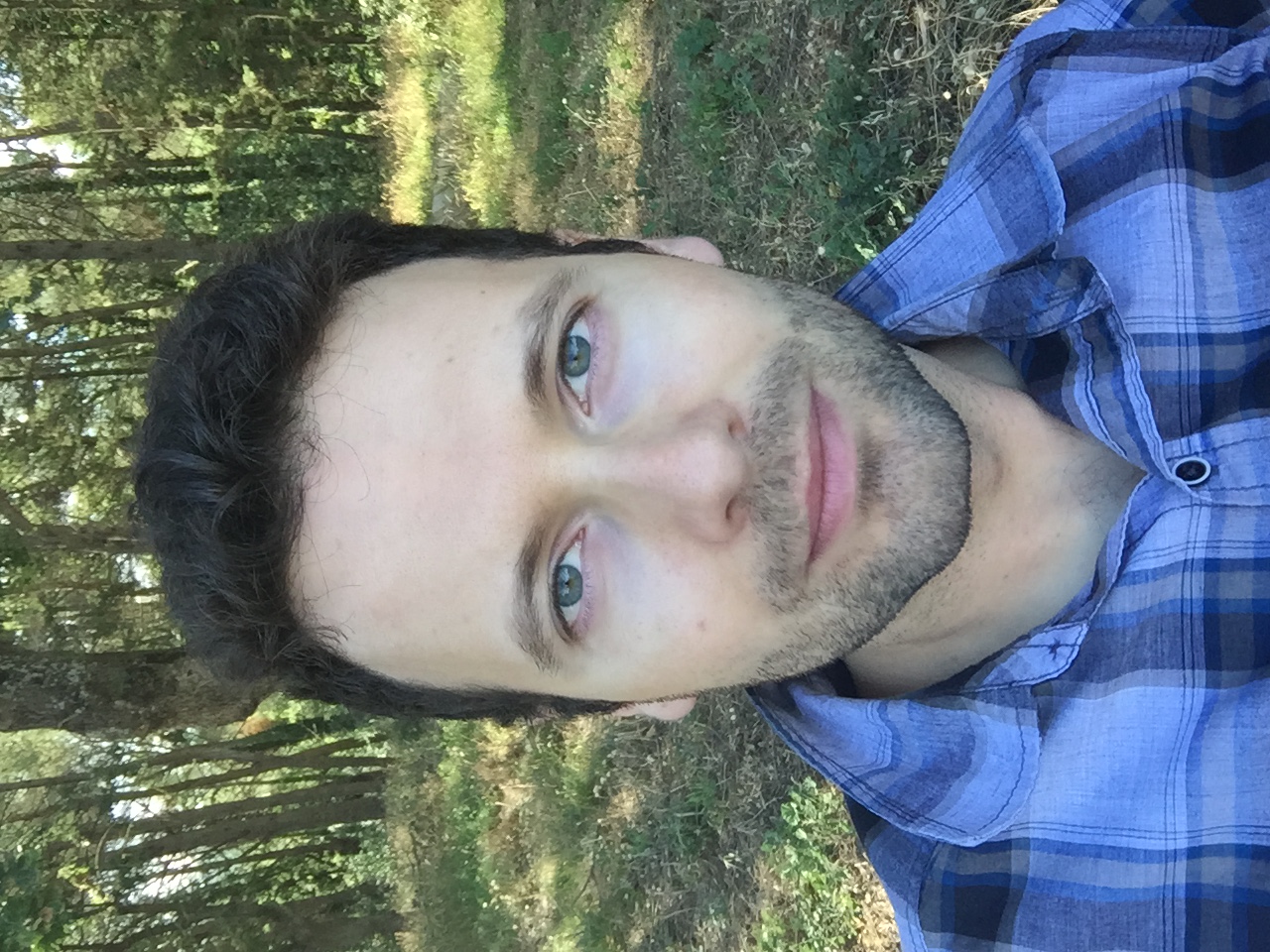
- Current location: Springer Press
Yuan Bian (2021)
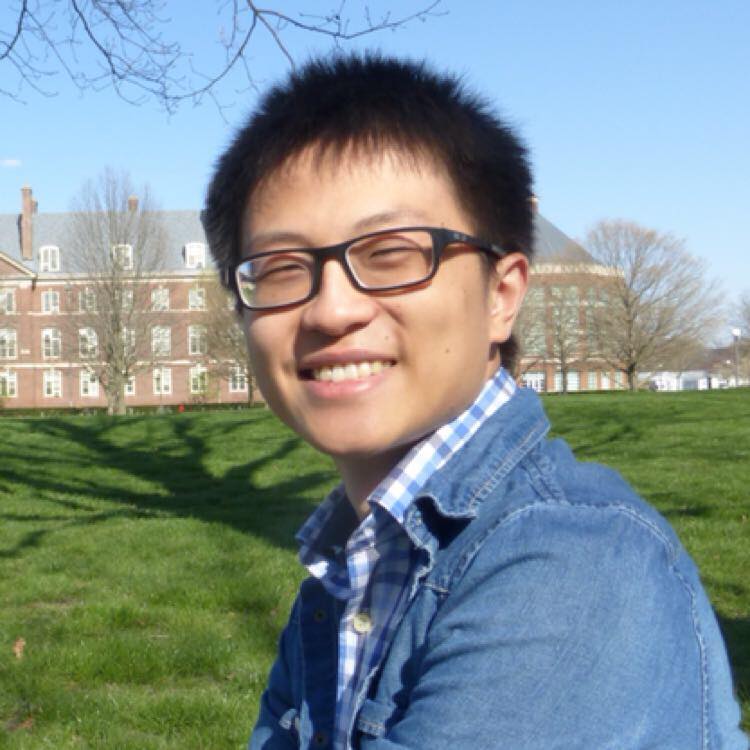
- Current location: U Illinois
Alex Paunov (2019)
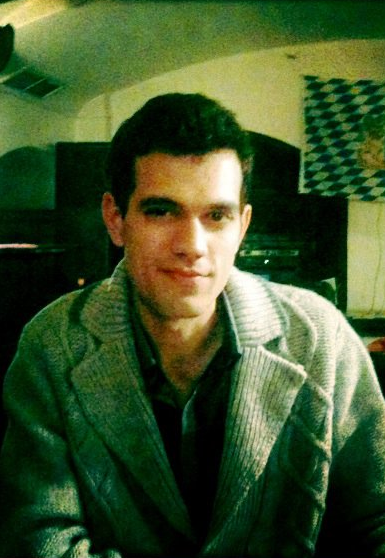
- Current location: Neurospin, Paris
Julian Jara-Ettinger (2016)
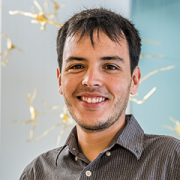
- Current location: Yale
- Website: https://psychology.yale.edu/people/julian-jara-ettinger
Kyle Mahowald (2016)
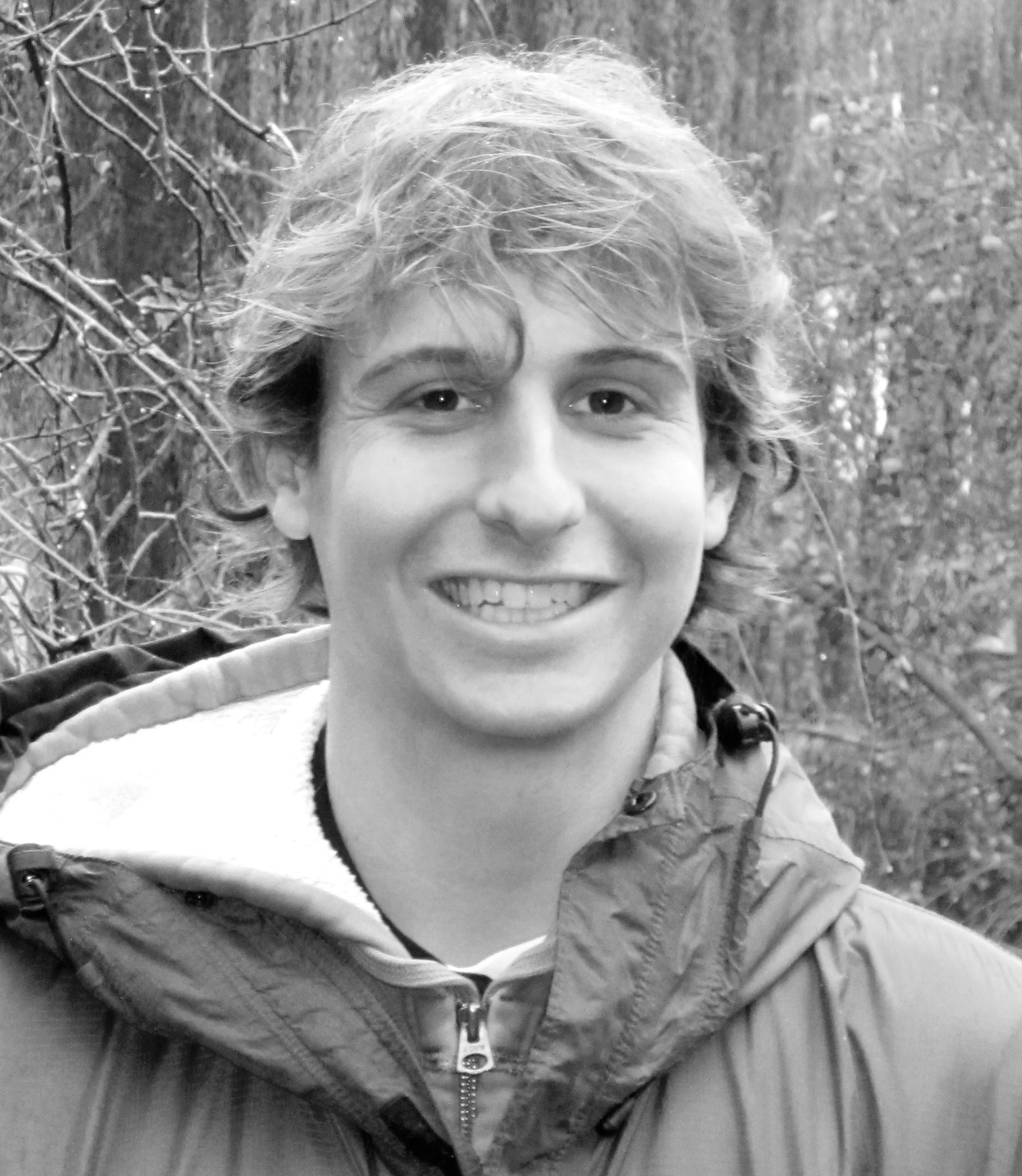
- Current location: University of Texas at Austin
- Website: https://mahowak.github.io
Melissa Troyer (2011)
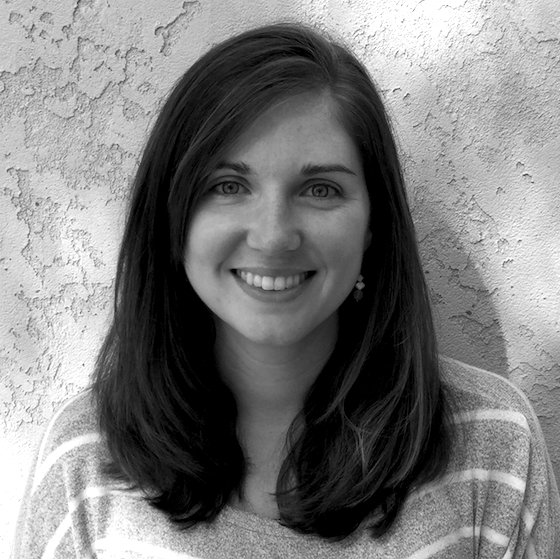
- Current location: University of Nevada, Las Vegas
- Website: https://sites.google.com/view/melissatroyer/
Steve Piantadosi (2011)
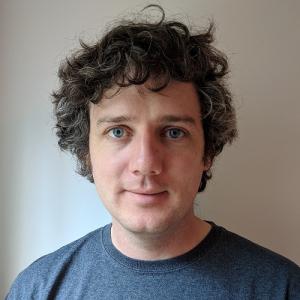
- Current location: UC, Berkeley
- Website: https://colala.berkeley.edu/people/piantadosi/
John Kraemer (2011)

Mike C. Frank (2011)
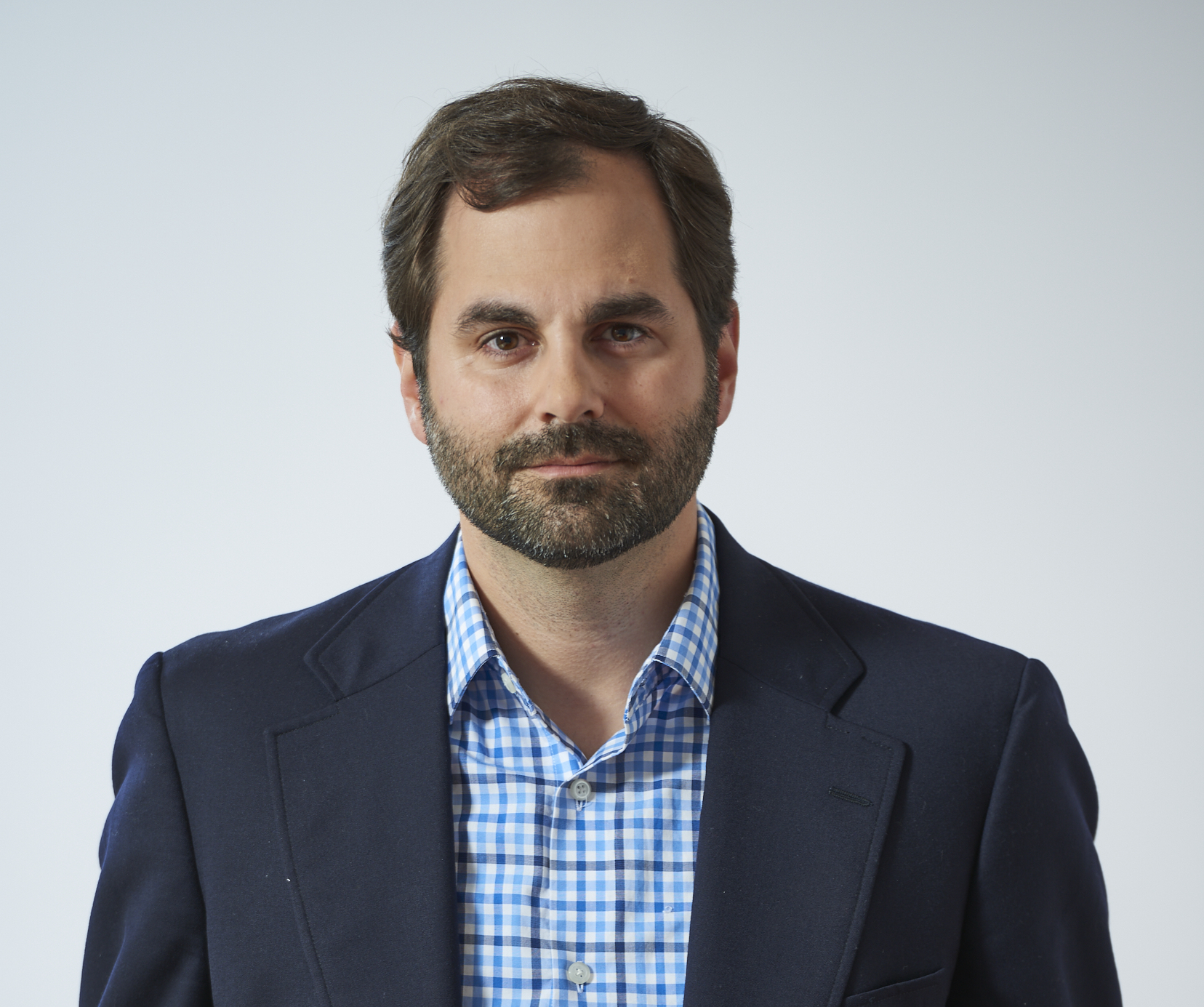
- Current location: Stanford University (Stanford, CA)
- Website: http://www.stanford.edu/~mcfrank/
Ken Nakatani (2004)
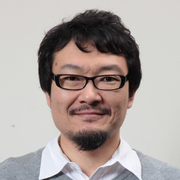
- Current location: Konan University (Japan)
- Website: http://www.konan-u.ac.jp/hp/nakatani/
Franny Hsiao (2002)
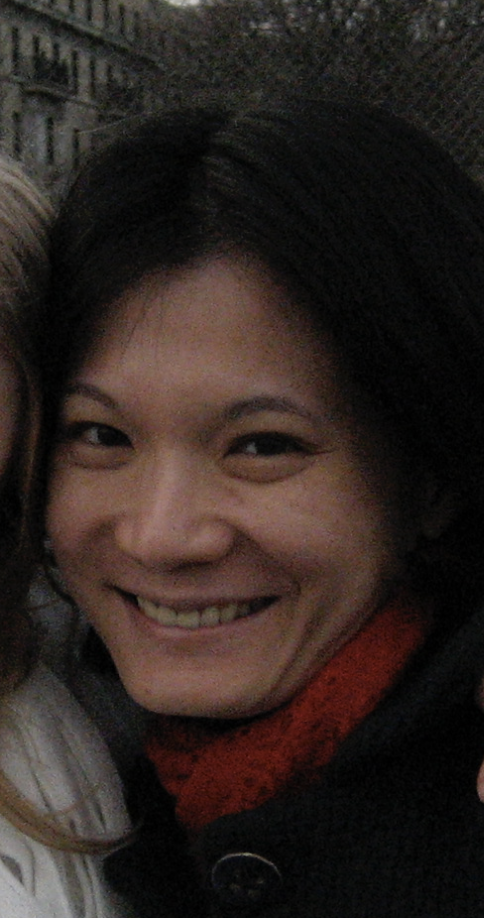
- Contact:
Dan Grodner (2002)
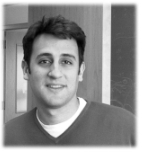
- Current location: Swarthmore College (Swarthmore, PA)
- Website: http://www.swarthmore.edu/psychology/faculty-staff
Duane Watson (2002)
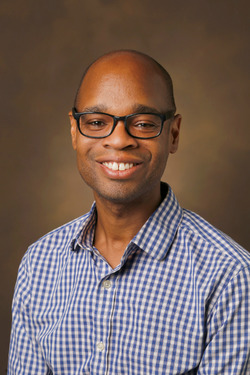
- Current location: Vanderbilt University
- Website: http://www.vanderbilt.edu/psychological_sciences/bio/duane-watson
Tessa Warren (2001)
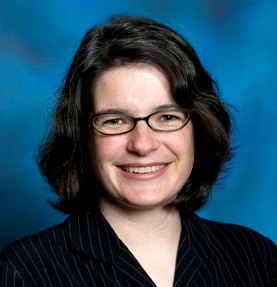
- Current location: University of Pittsburgh (Pittsburgh, PA)
- Website: http://www.pitt.edu/~tessa/
Edson Miyamoto (1998)
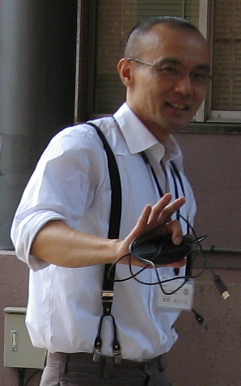
- Current location: University of Tsukuba (Japan)
- Website: http://www.u.tsukuba.ac.jp/~miyamoto.edson.ft/
Carson Schutze (1995)
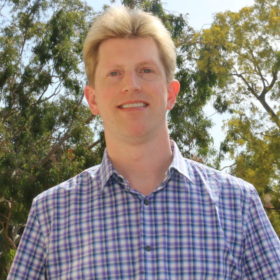
- Current location: UCLA (Los Angeles, CA)
- Website: http://www.linguistics.ucla.edu/people/cschutze/
Ex-Postdocs
Sammy Floyd
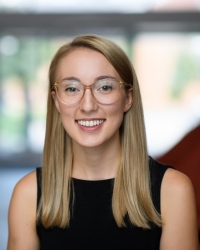
- Current location: Sarah Lawrence College
- Website: https://www.sarahlawrence.edu/faculty/floyd-sammy.html
Aixiu An
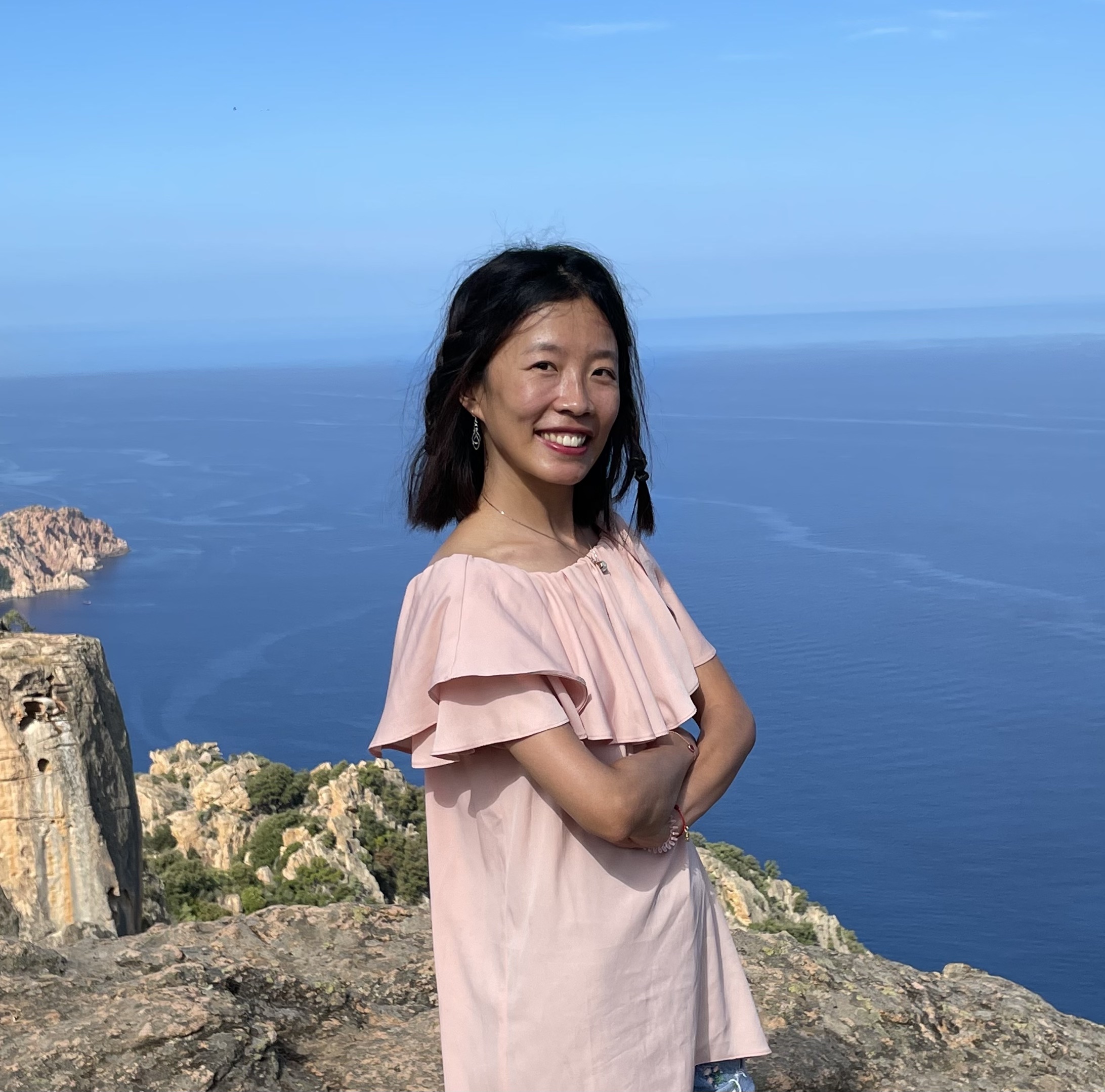
- Current location: Working in Tech
Rachel Ryskin

- Current location: University of California (Merced)
- Website: http://web.mit.edu/ryskin/www/
Tim O’Donnell
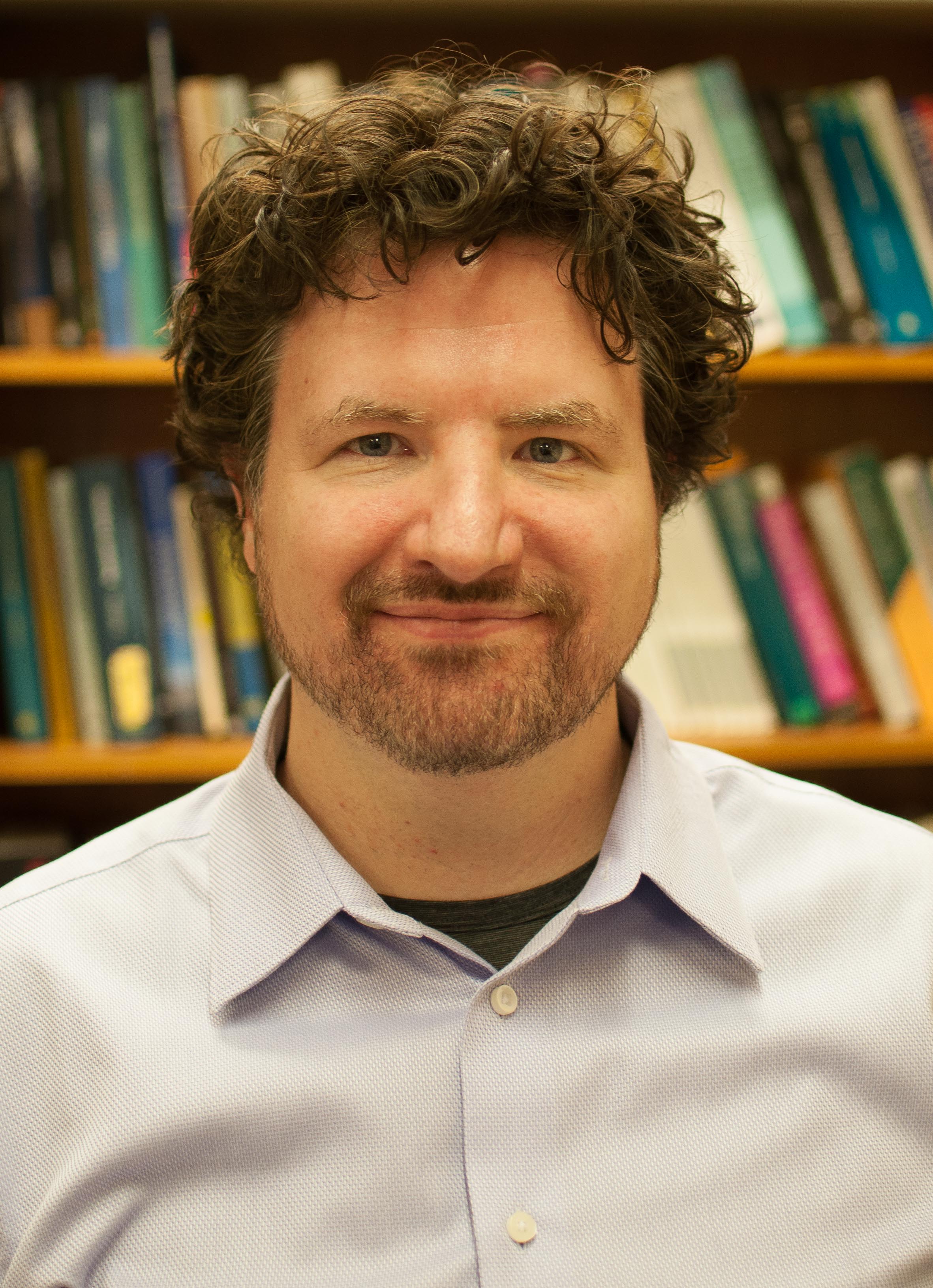
- Current location: McGill University (Montreal, Canada)
- Website: http://people.linguistics.mcgill.ca/~timothy.odonnell/
Jared Novick
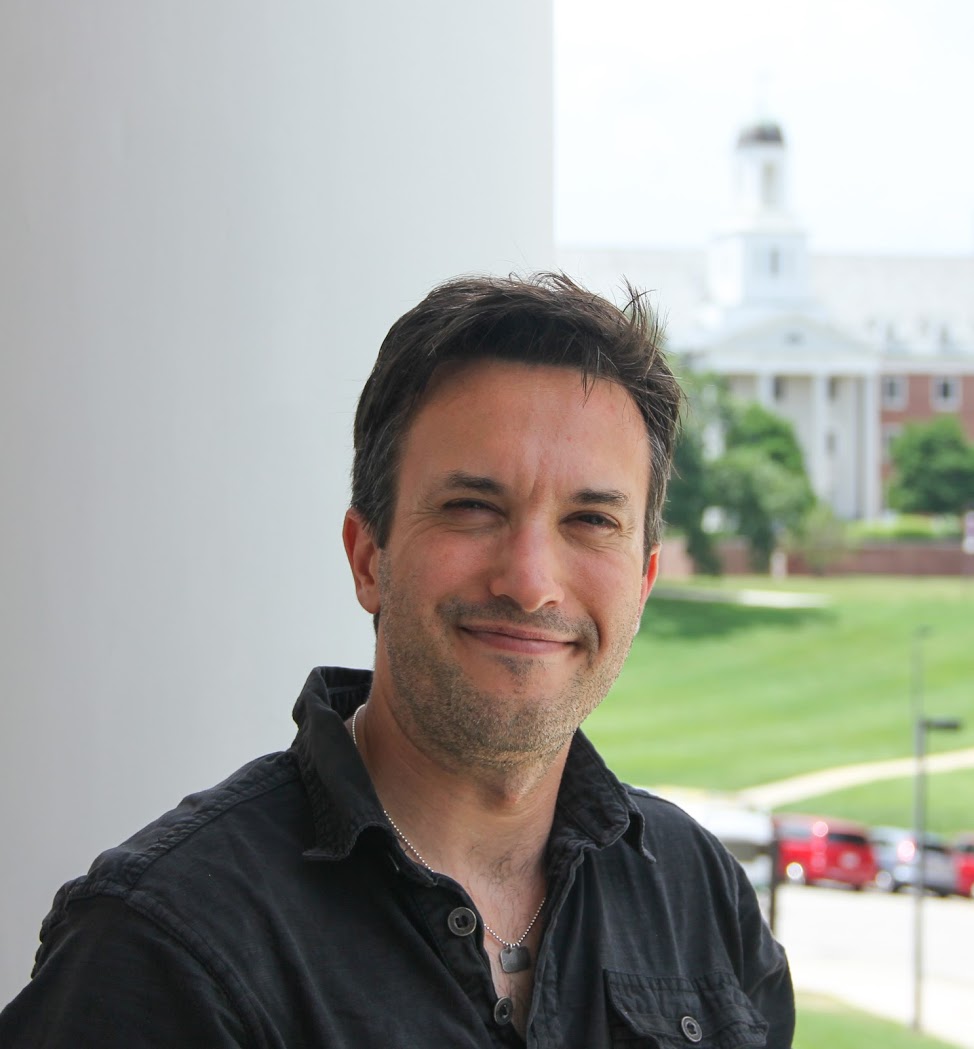
- Current location: University of Maryland, CASL (College Park, MD)
- Website: https://sites.google.com/site/jaredmnovick/
Michael Wagner
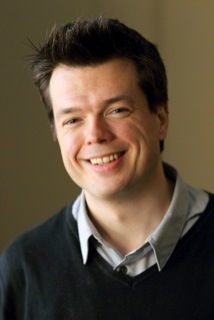
- Current location: McGill University (Montreal, Canada)
- Website: http://prosodylab.org/
Edith Kaan
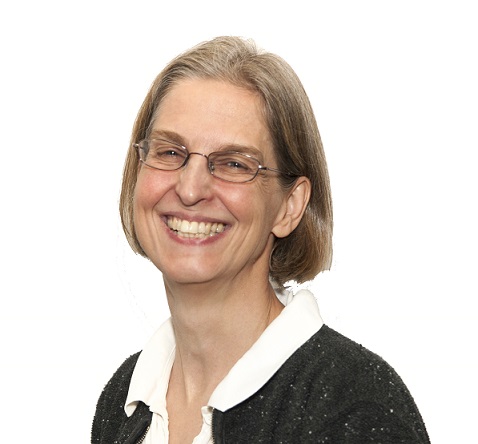
- Current location: University of Florida (Gainesville, FL)
- Website: http://www.clas.ufl.edu/users/kaan/
Whitney Tabor
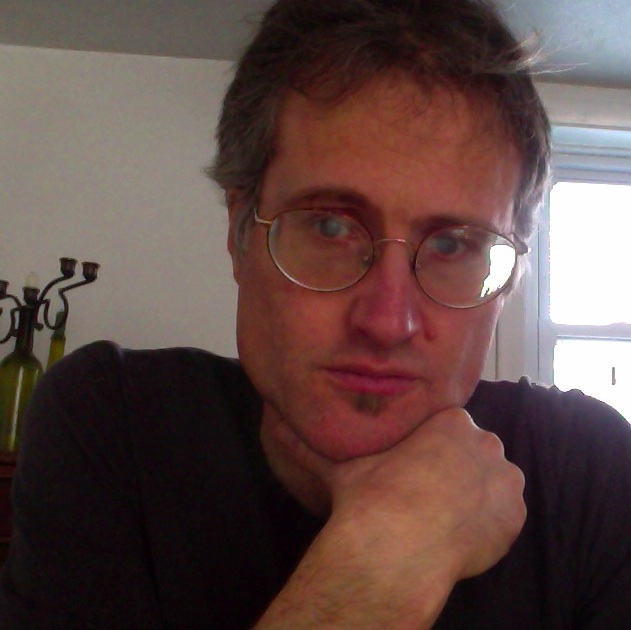
- Current location: University of Connecticut (Storrs, CT)
- Website: https://psych.uconn.edu/person/whitney-tabor/
Ex-Visitors
Ruihua Mao
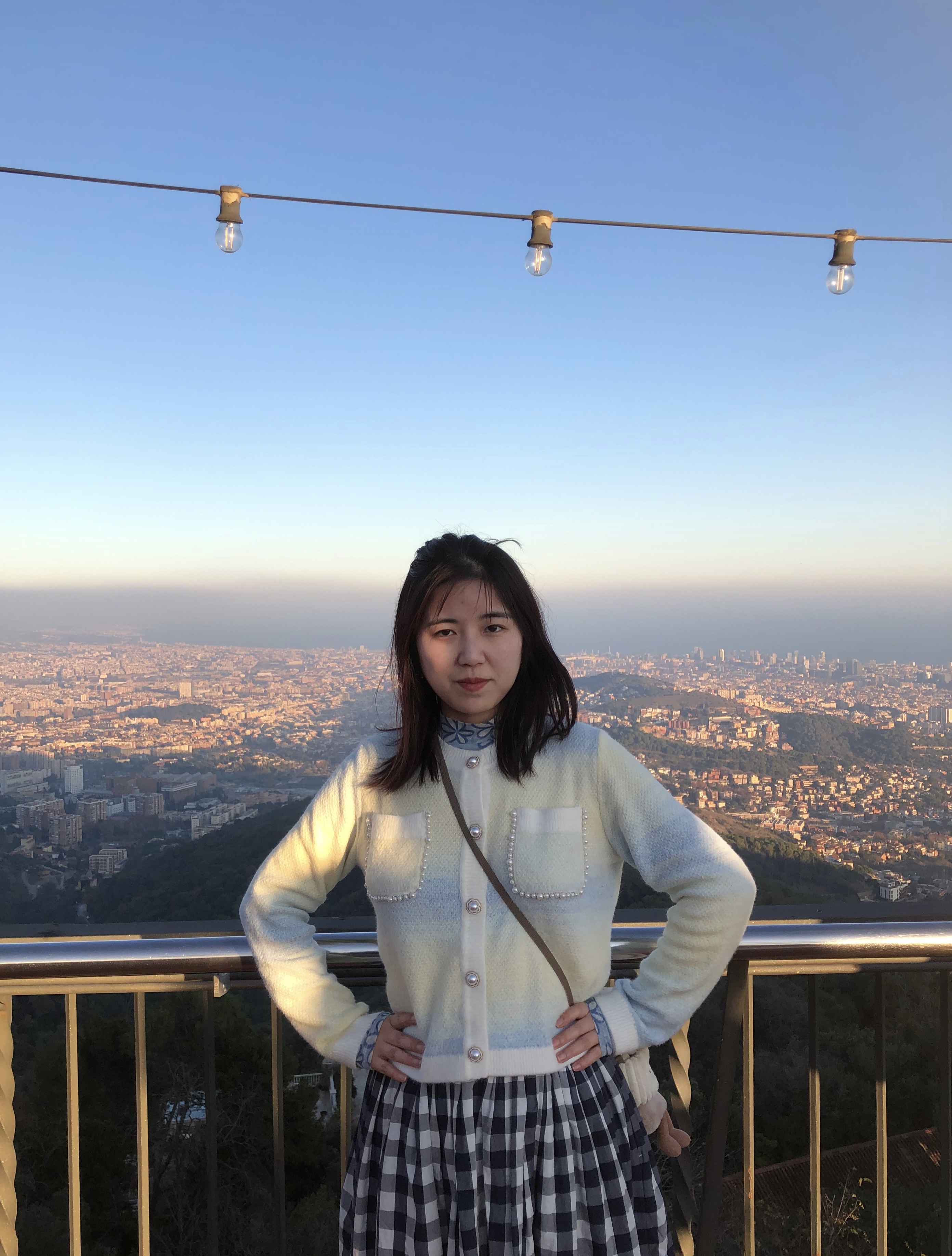
- Current location: U Paris, Cité
Yanis Da Cunha
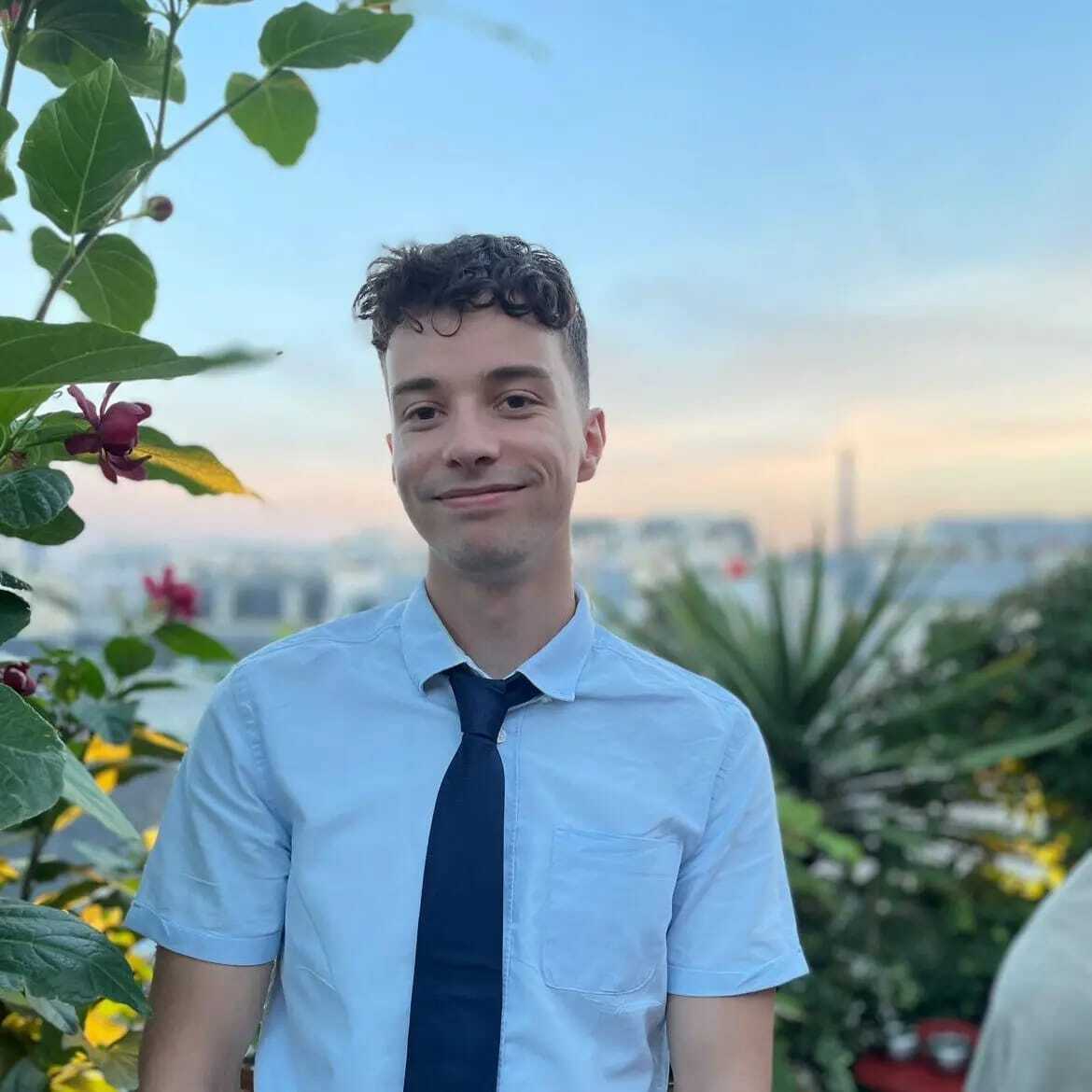
- Current location: U Paris, Cité
Paula Rubio Fernandez
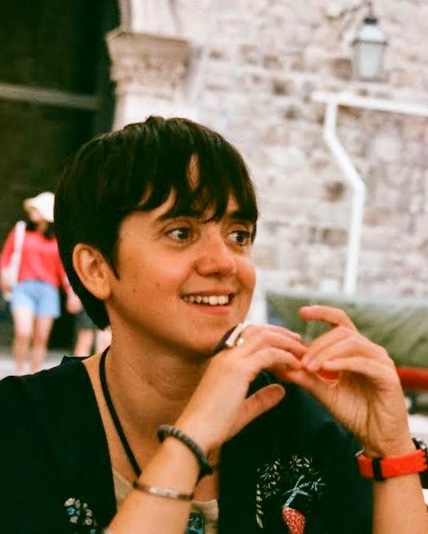
- Current location: Max Planck
- Website: https://www.mpi.nl/people/rubio-fernandez-paula
Frank Keller
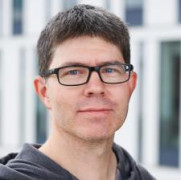
- Current location: University of Edinburgh
- Website: http://homepages.inf.ed.ac.uk/keller/
Anubha Kothari

- Current location: San Francisco, CA
Meredith Brown
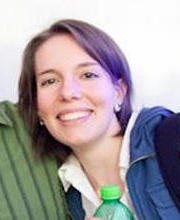
- Current location: Tufts
- Website: https://www.facebook.com/NeuroCognition-Lab-at-Tufts-University-MGH-1549380418684489/
Florian Jaeger
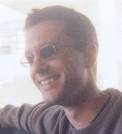
- Current location: University of Rochester (Rochester, NY)
- Website: http://www.bcs.rochester.edu/people/fjaeger/index.html
John Hale
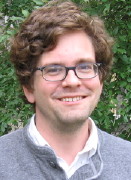
- Current location: Cornell University (Ithaca, NY)
- Website: https://courses.cit.cornell.edu/jth99/
Raj Singh
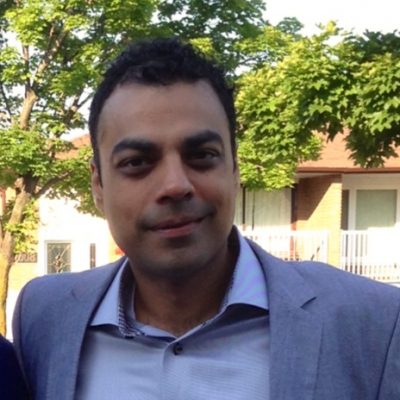
- Current location: Institute of Cognitive Science at Carleton University (Carleton, Canada)
- Website: https://carleton.ca/singhr/
Ex-Research Assistants
Maya Taliaferro, MIT
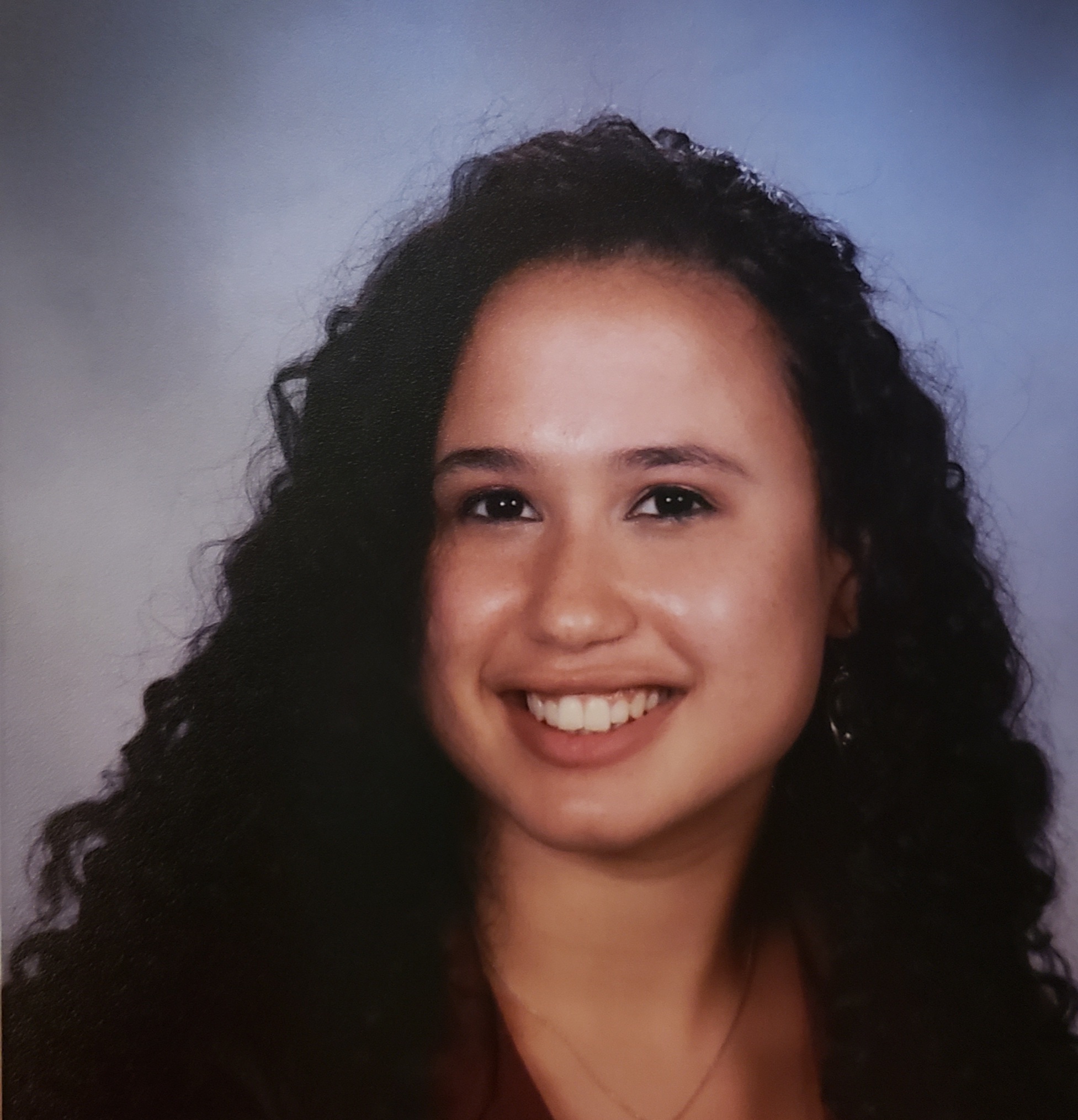
- Current location: Graduate Student at NYU
Lia Washington, MIT
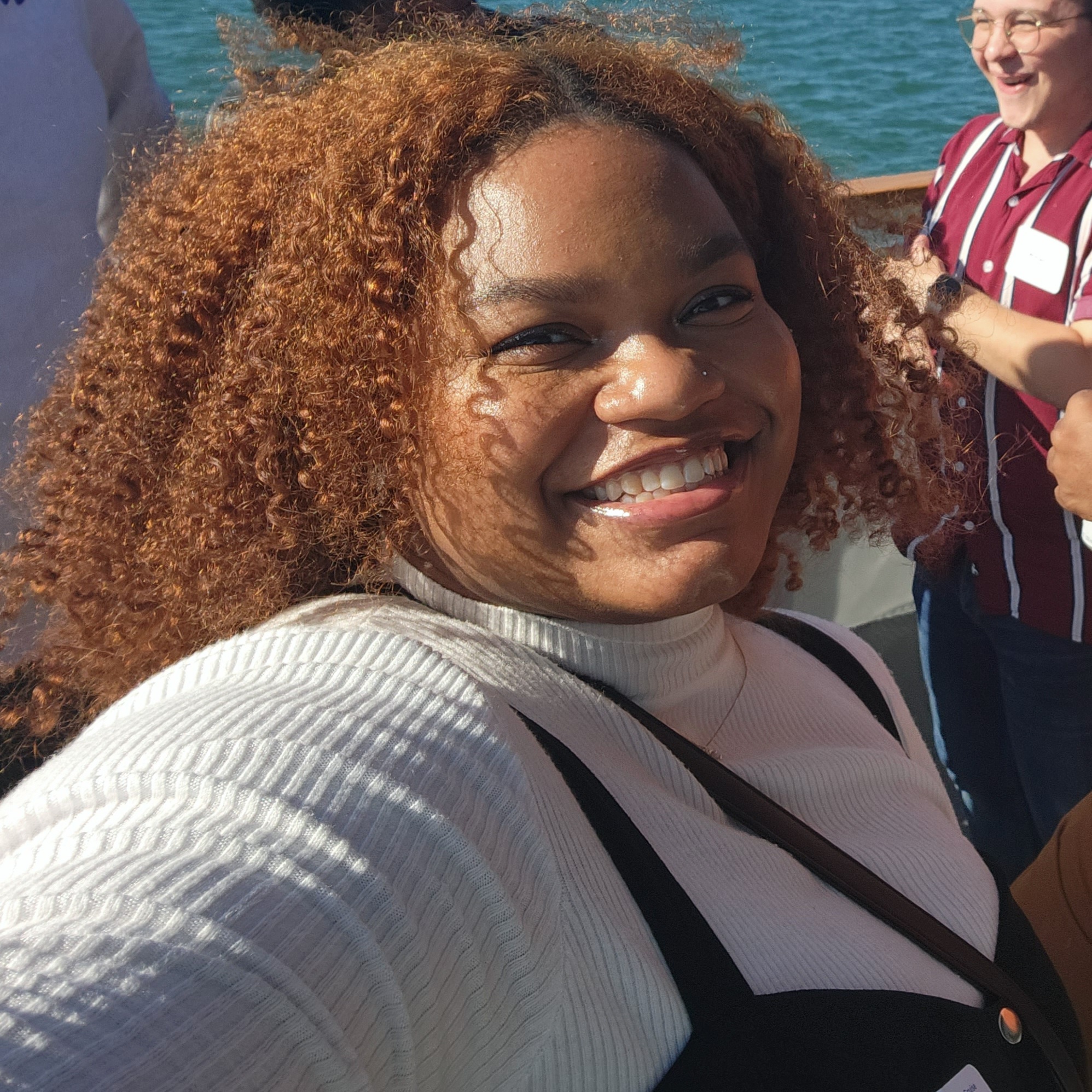
- Current location: Early Childhood Cognition Lab (PI Laura Schultz) at MIT
Cindy Fang
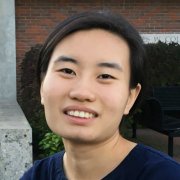
- Current location: UC Merced
Misha Ali
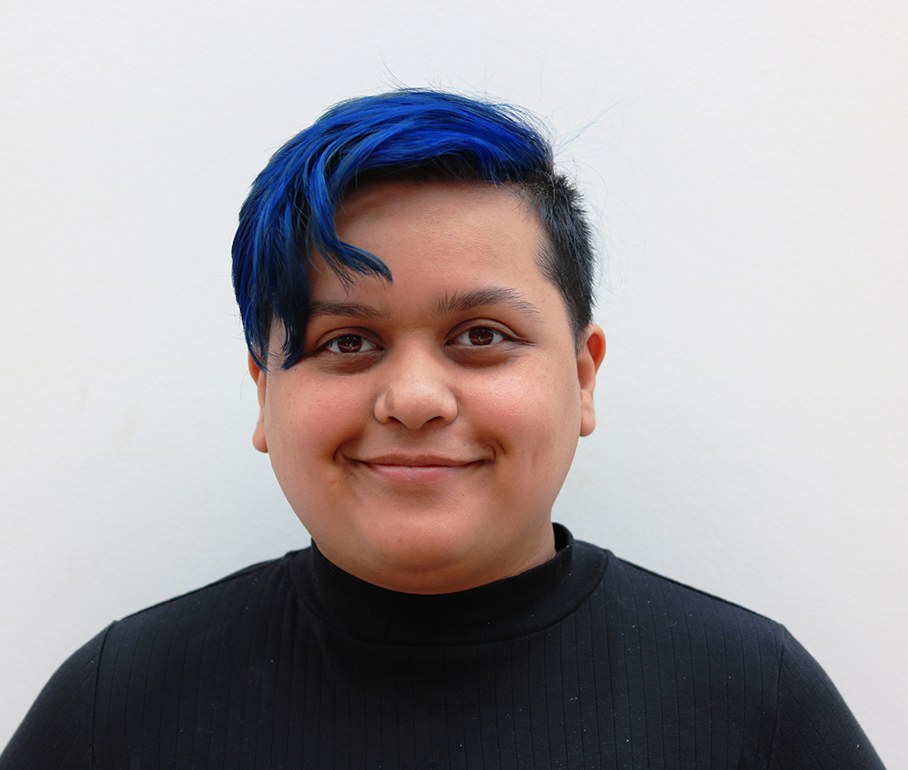
- Current location: Brown
Recent UROPs
Anna Zhou, MIT
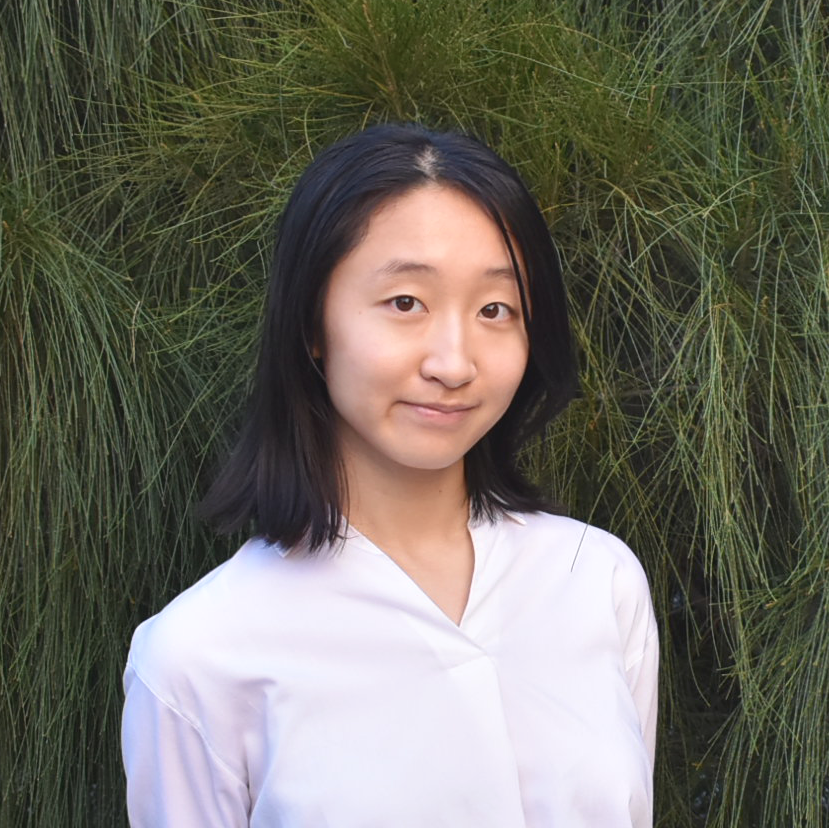
Karenna Caton, MIT
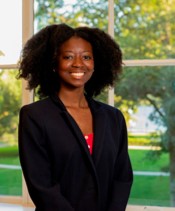
Titus Roesler, MIT
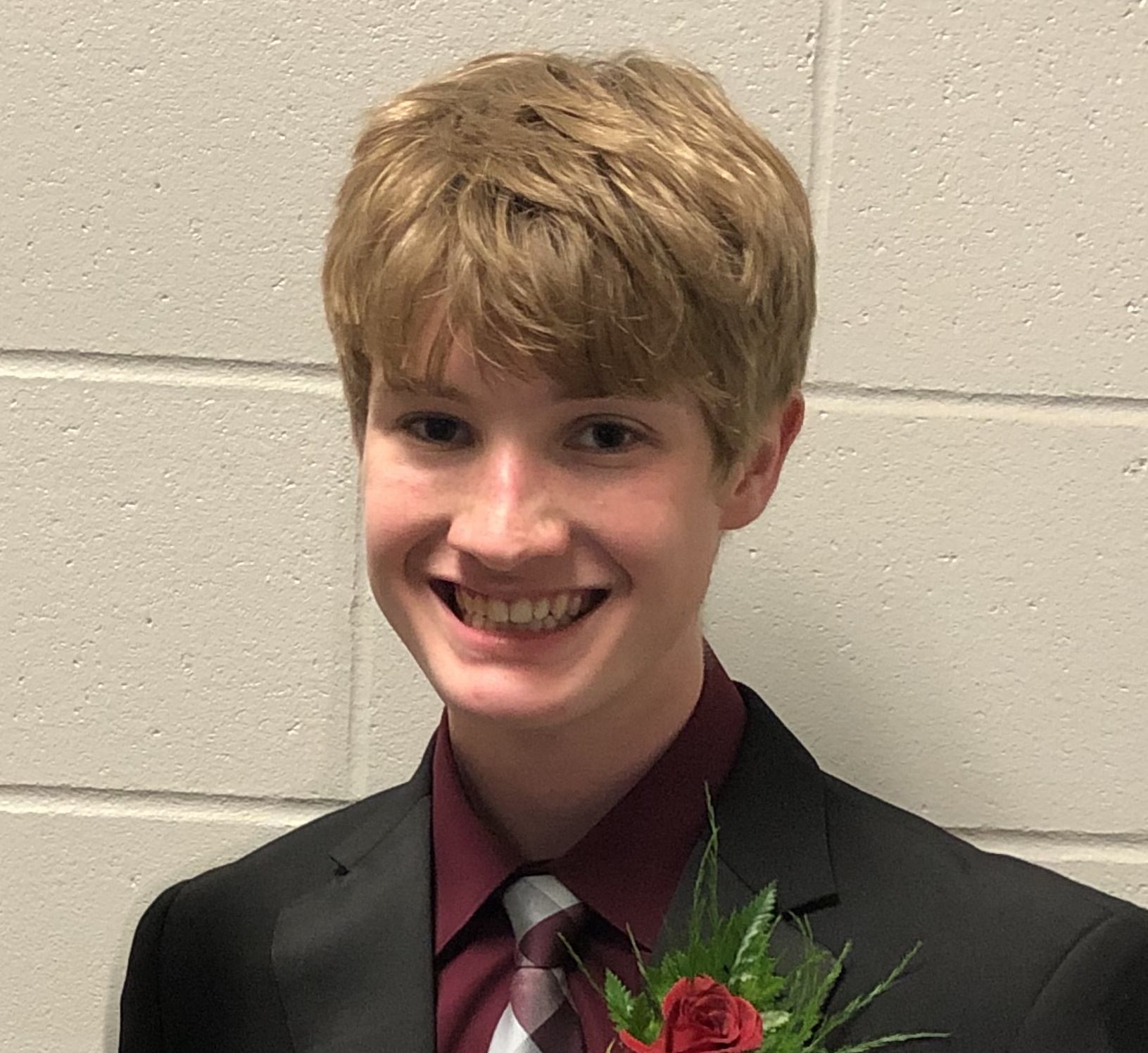
Sarah Nathaniel
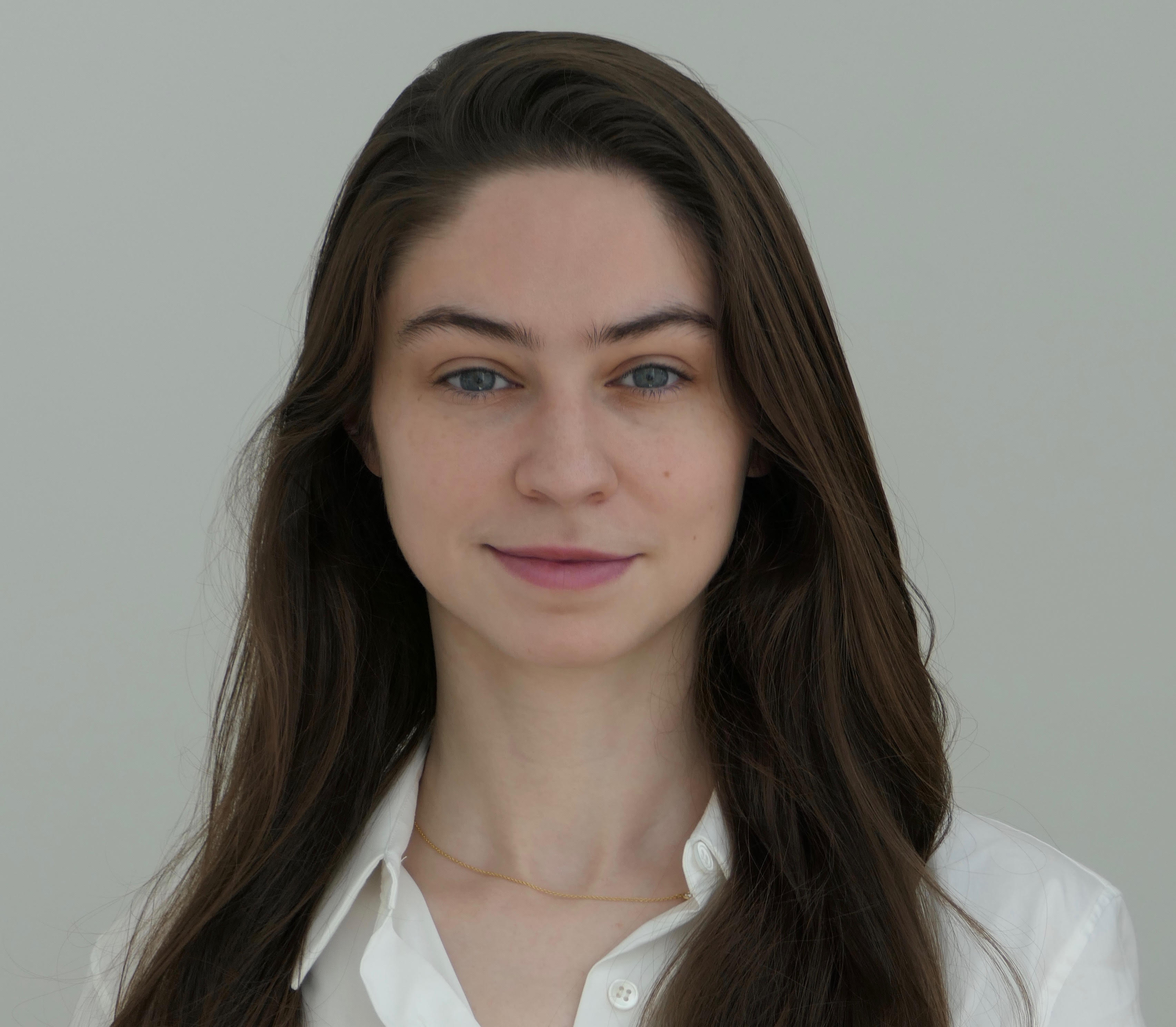
Miguel Salinas
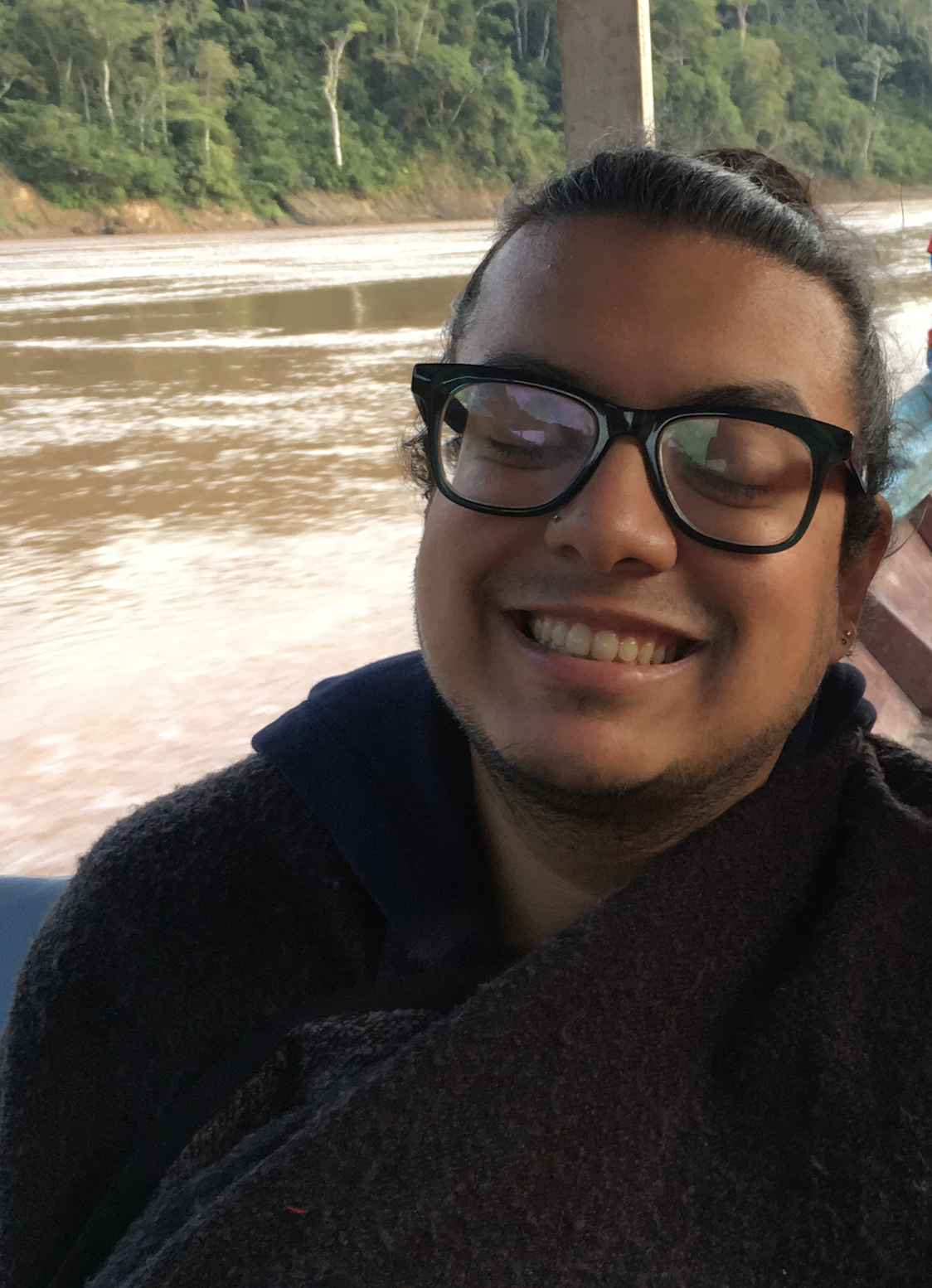
Sarah Wu
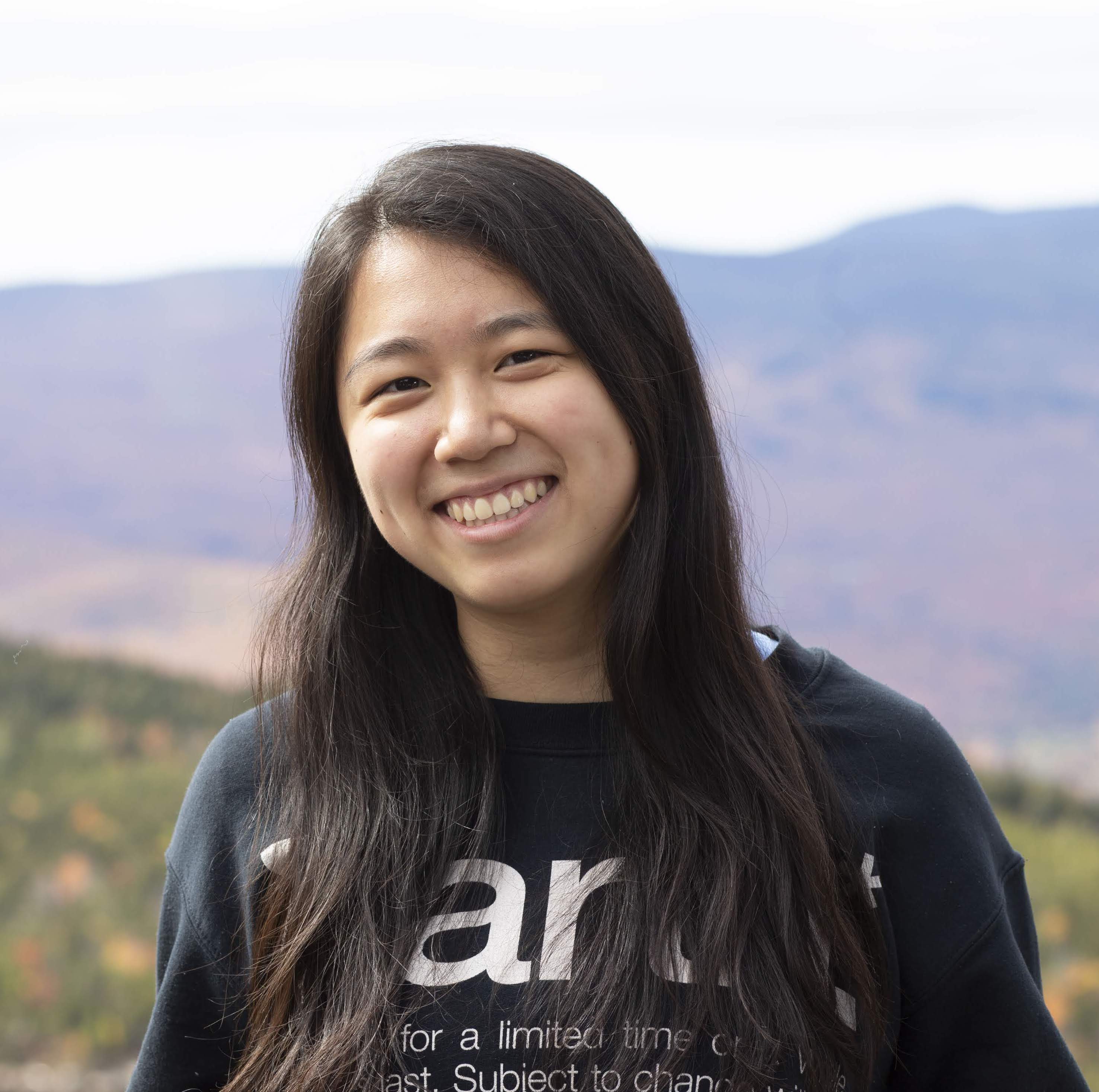
Eke Wochoka
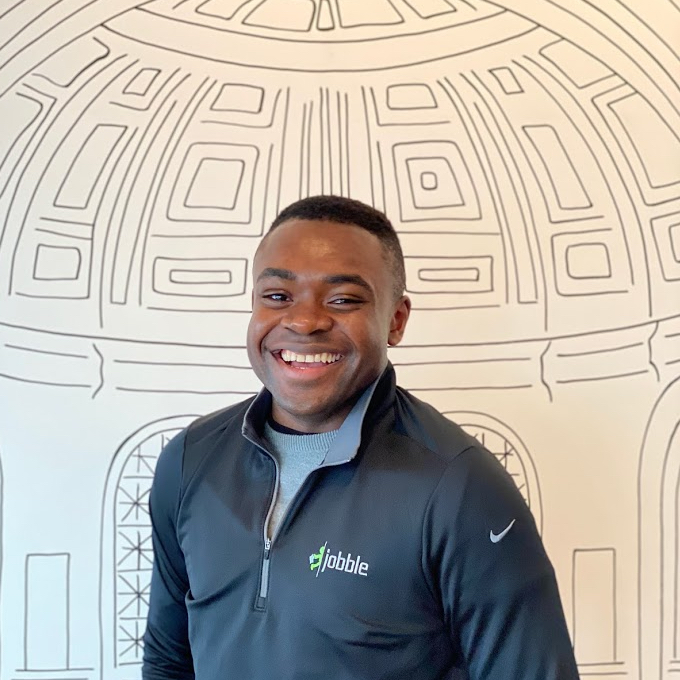
In Memory
An Antonovka apple tree

from Russia, given to Ted by Masha's widower husband Ted Walls. Seen here planted in Ted's backyard.
